Hepa-Merz, concentrate for solution for infusion, should not be administered into an artery.
When administering Hepa-Merz intravenously in high doses, the level of urea in blood plasma and urine should be monitored.
In case of impaired liver function, the infusion rate should be adjusted according to the patient’s condition to prevent nausea or vomiting.
Hepa-Merz granules contain 1.13 g of fructose in each packet (equivalent to 0.11 XO), which must be taken into account by diabetics. Do not use in patients with congenital fructose intolerance. Long-term use may be harmful to teeth (development of caries).
Use during pregnancy or breastfeeding. There are no data on the use of Hepa-Merz during pregnancy. Animal studies with L-ornithine-L-aspartate to study its toxic effects on reproductive function have not been conducted. Therefore, use of the drug during pregnancy should be avoided.
However, if treatment with Hepa-Merz during pregnancy is considered necessary for vital indications, the doctor should carefully weigh the ratio of the possible risk to the fetus/child and the expected benefit to the pregnant woman/mother.
It is not known whether L-ornithine-L-aspartate passes into breast milk. Use of the drug should be avoided during breastfeeding.
Children: Experience in children is limited, so the drug should not be used in pediatric practice.
Ability to influence the reaction rate when driving or operating other mechanisms. The ability to drive or operate other mechanisms may be impaired during treatment with L-ornithine-L-aspartate, so this type of activity should be avoided during treatment.


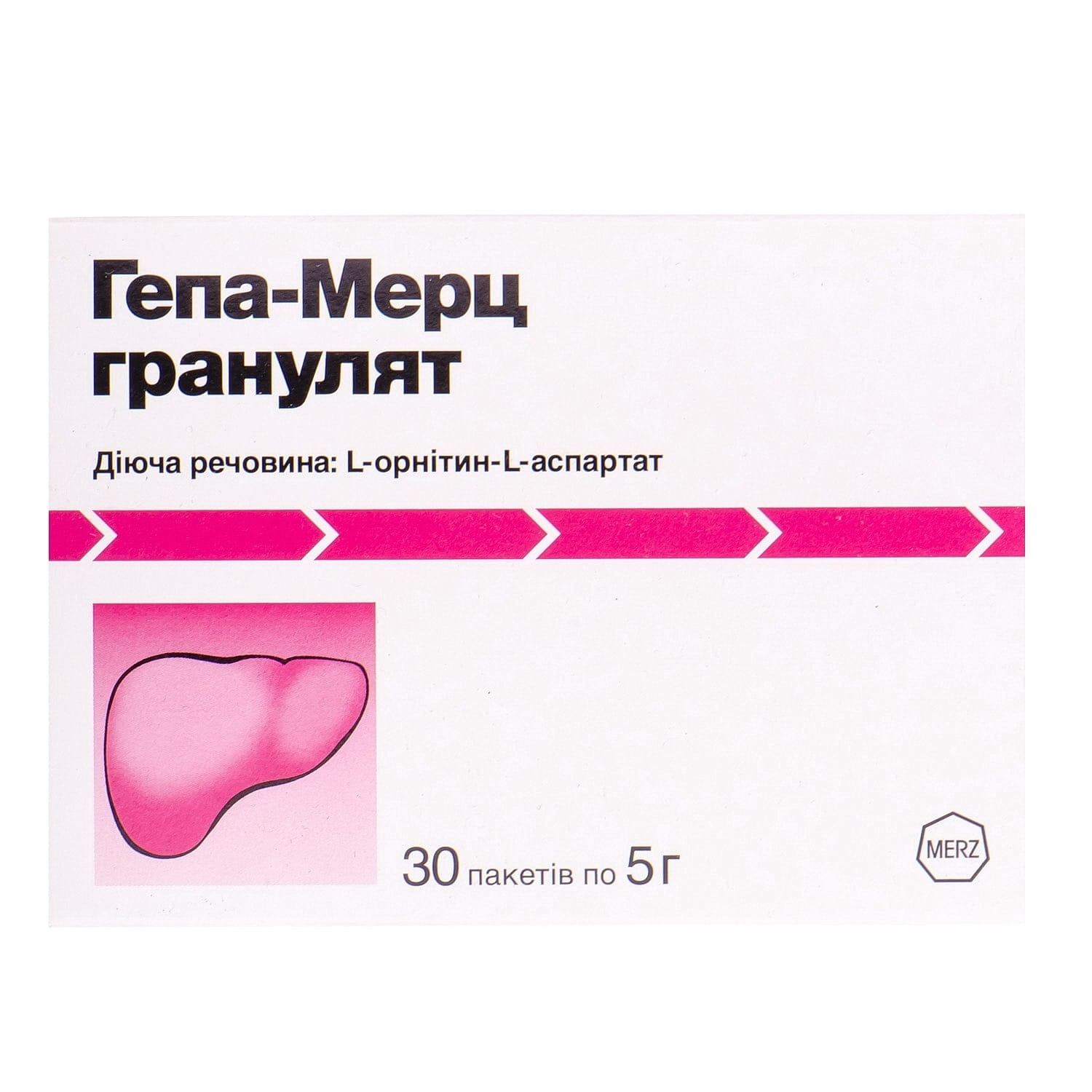
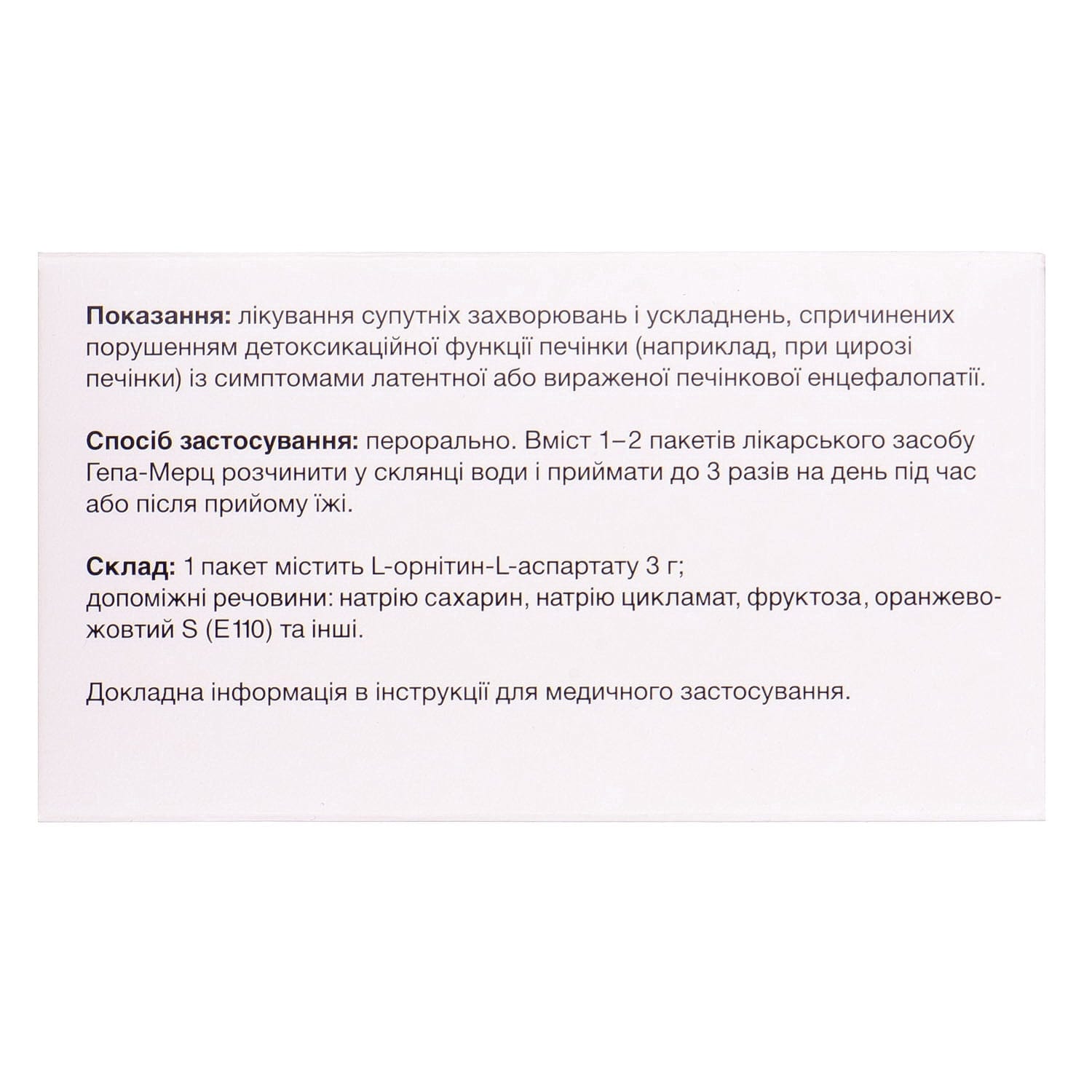

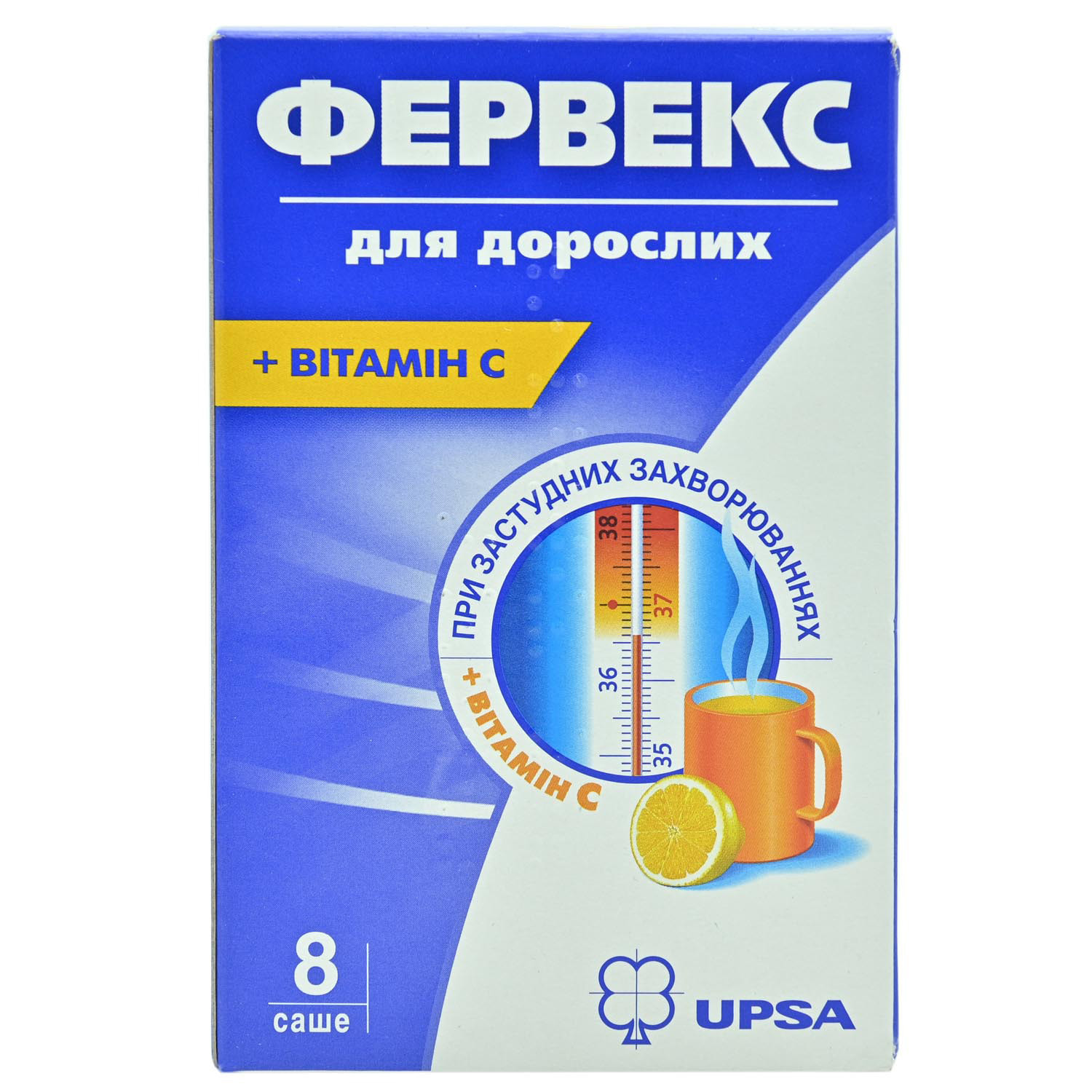
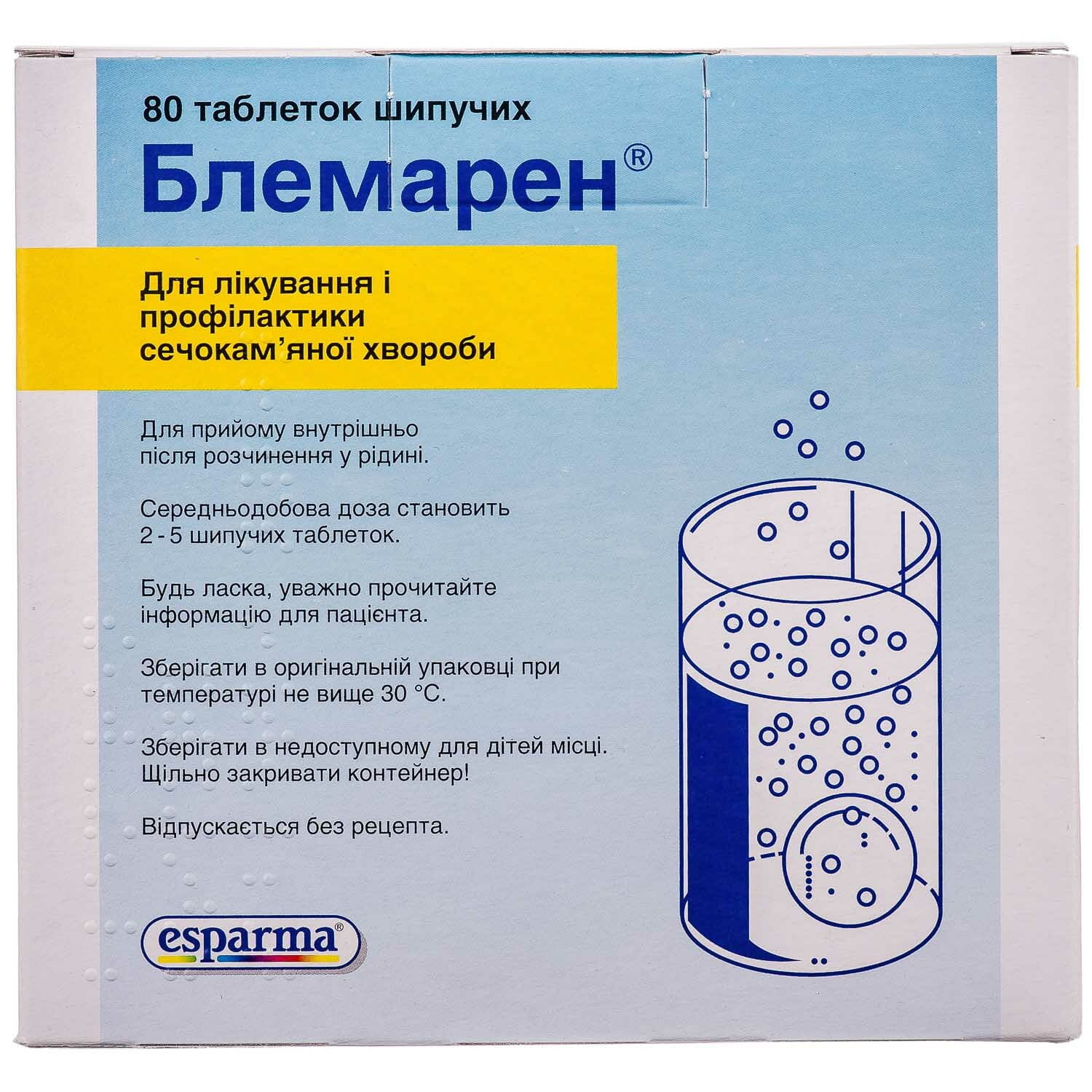
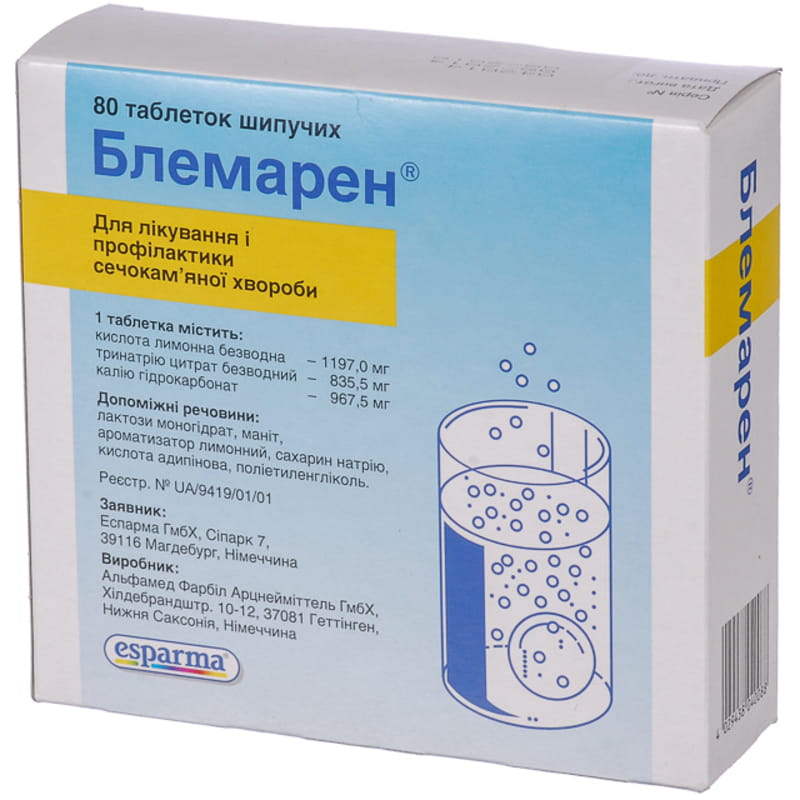
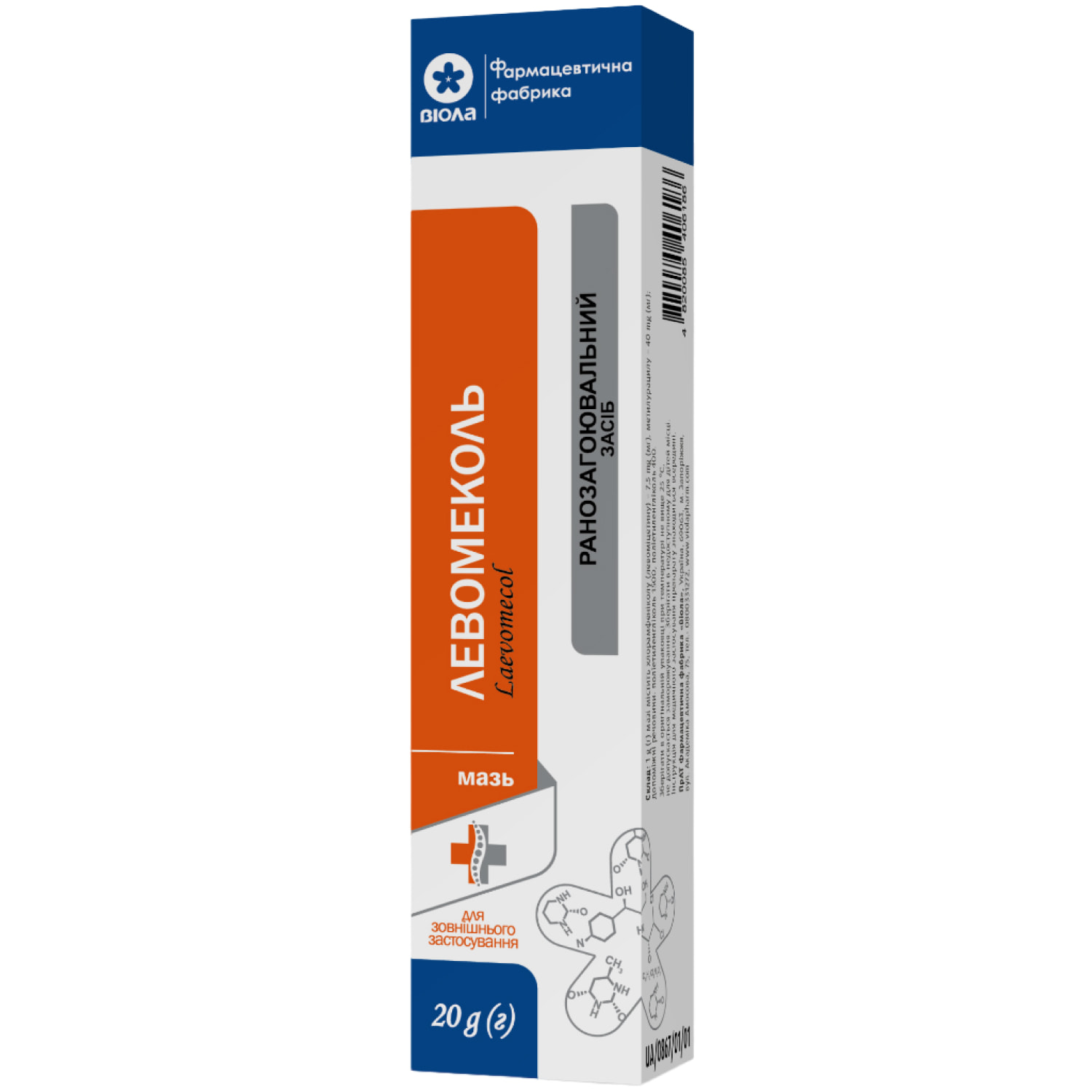
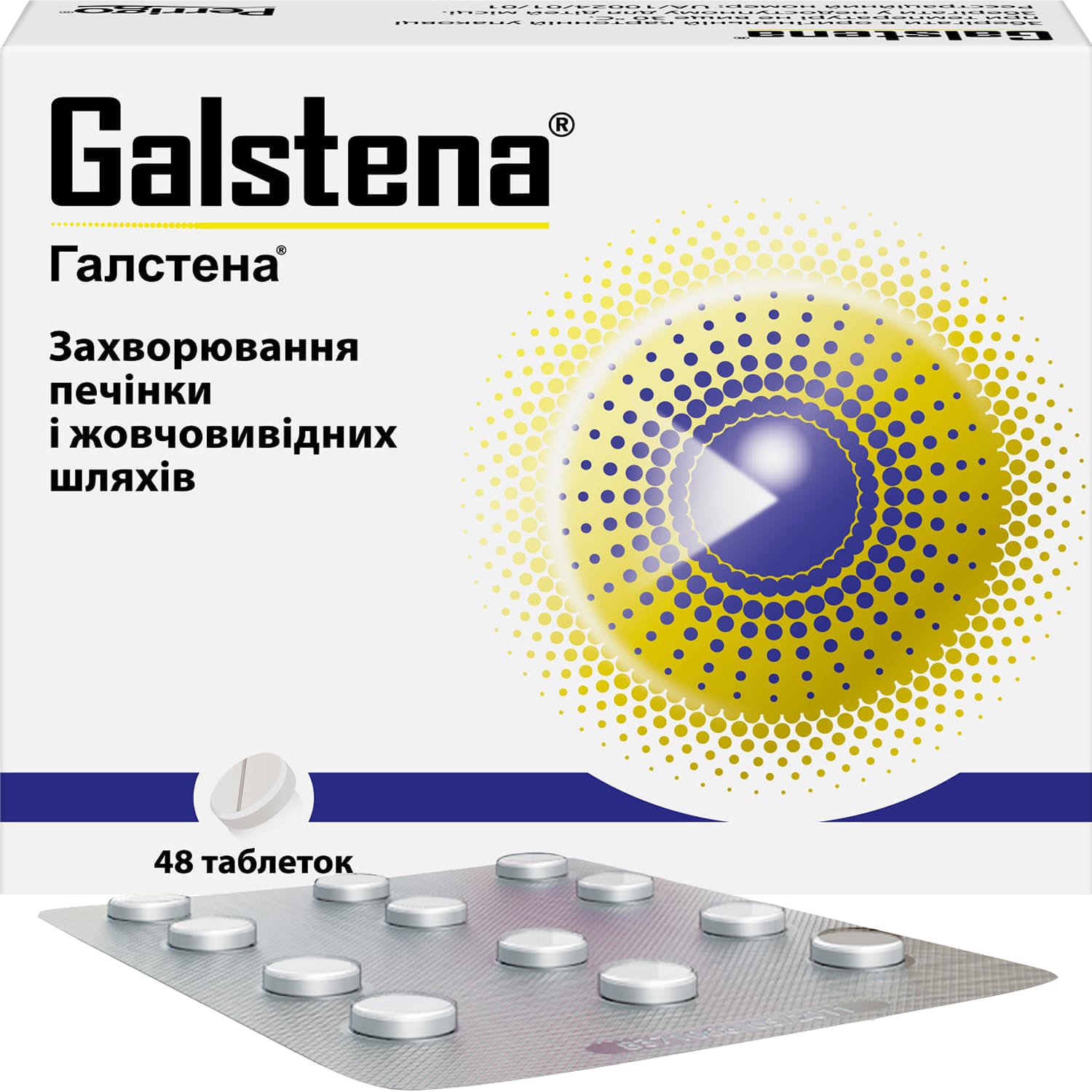
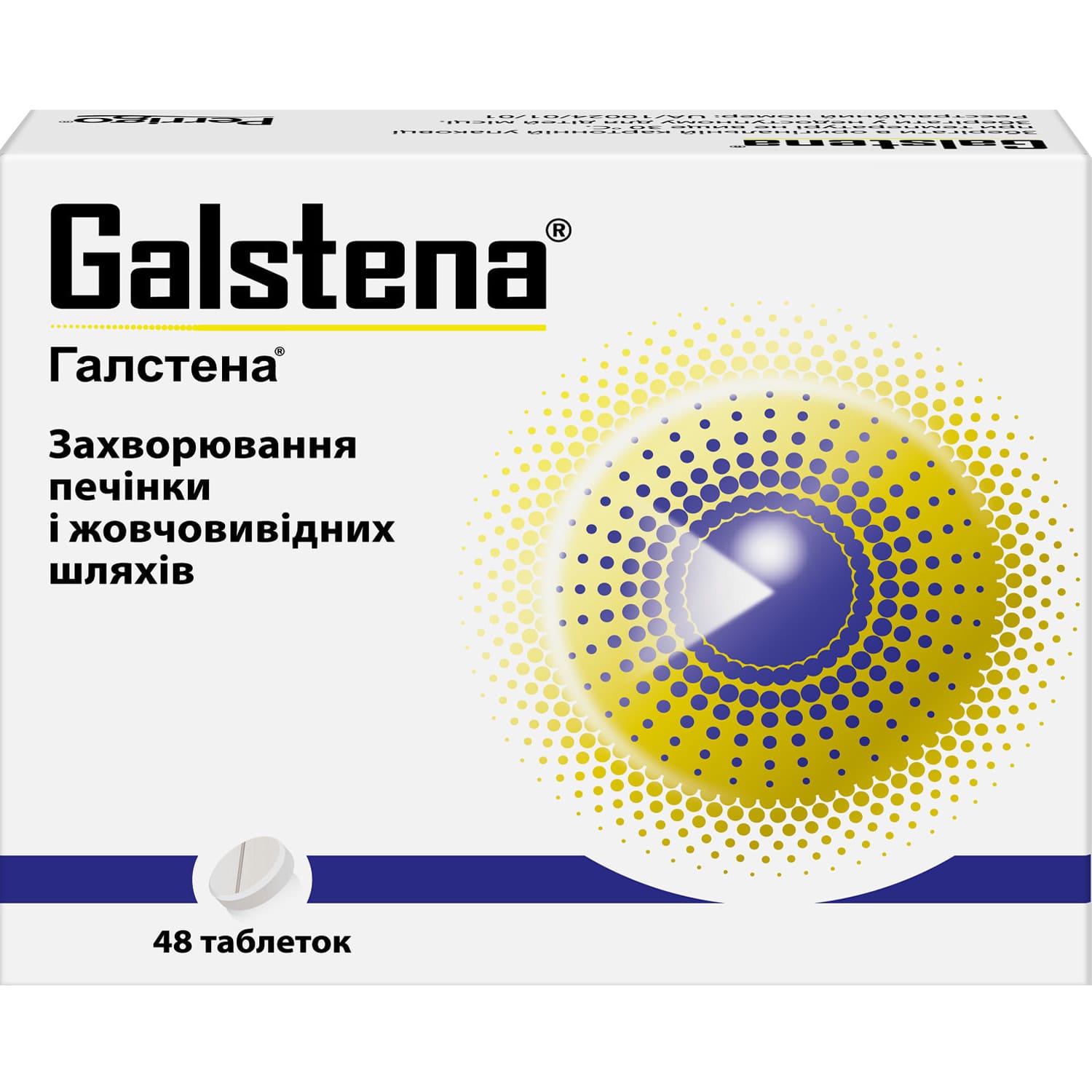
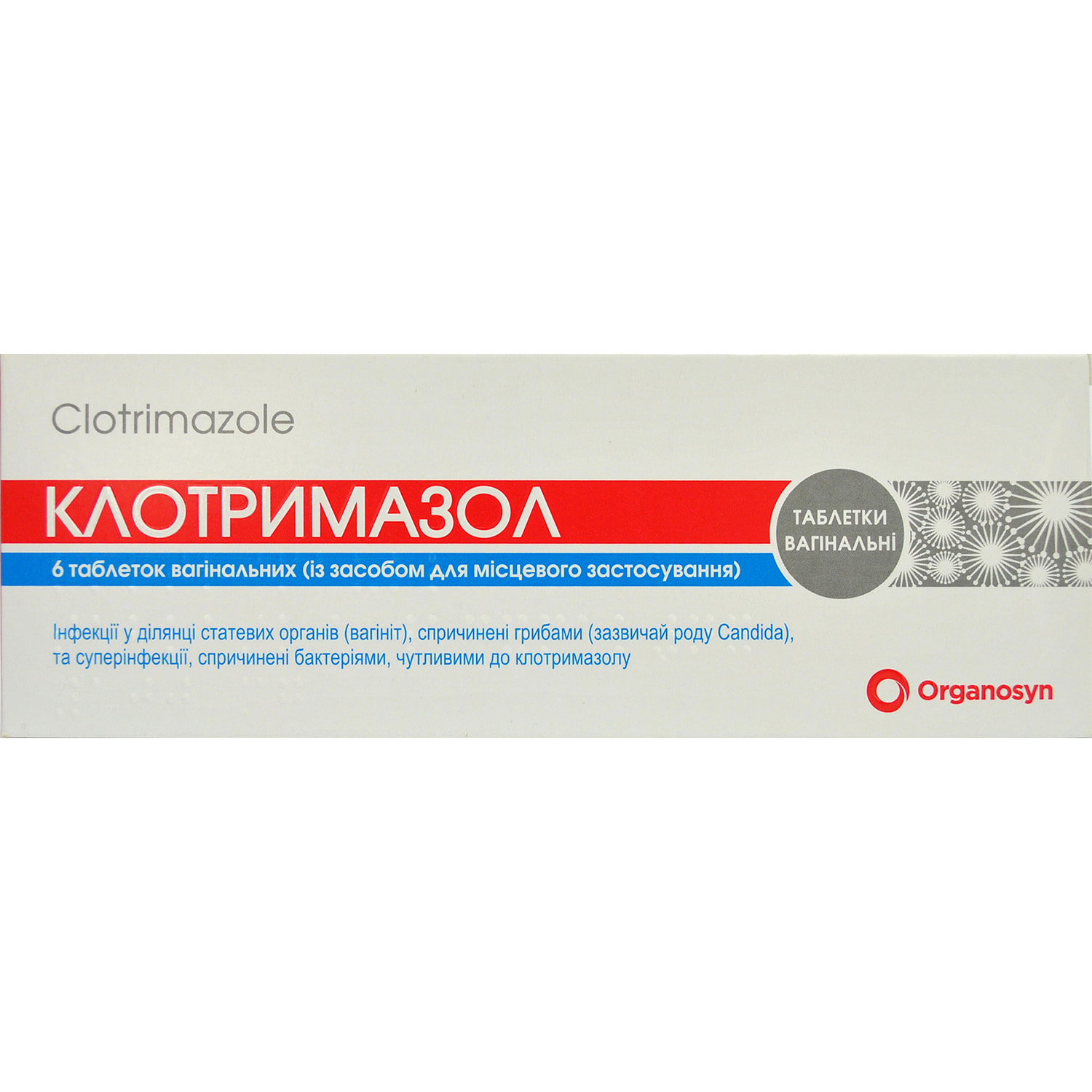
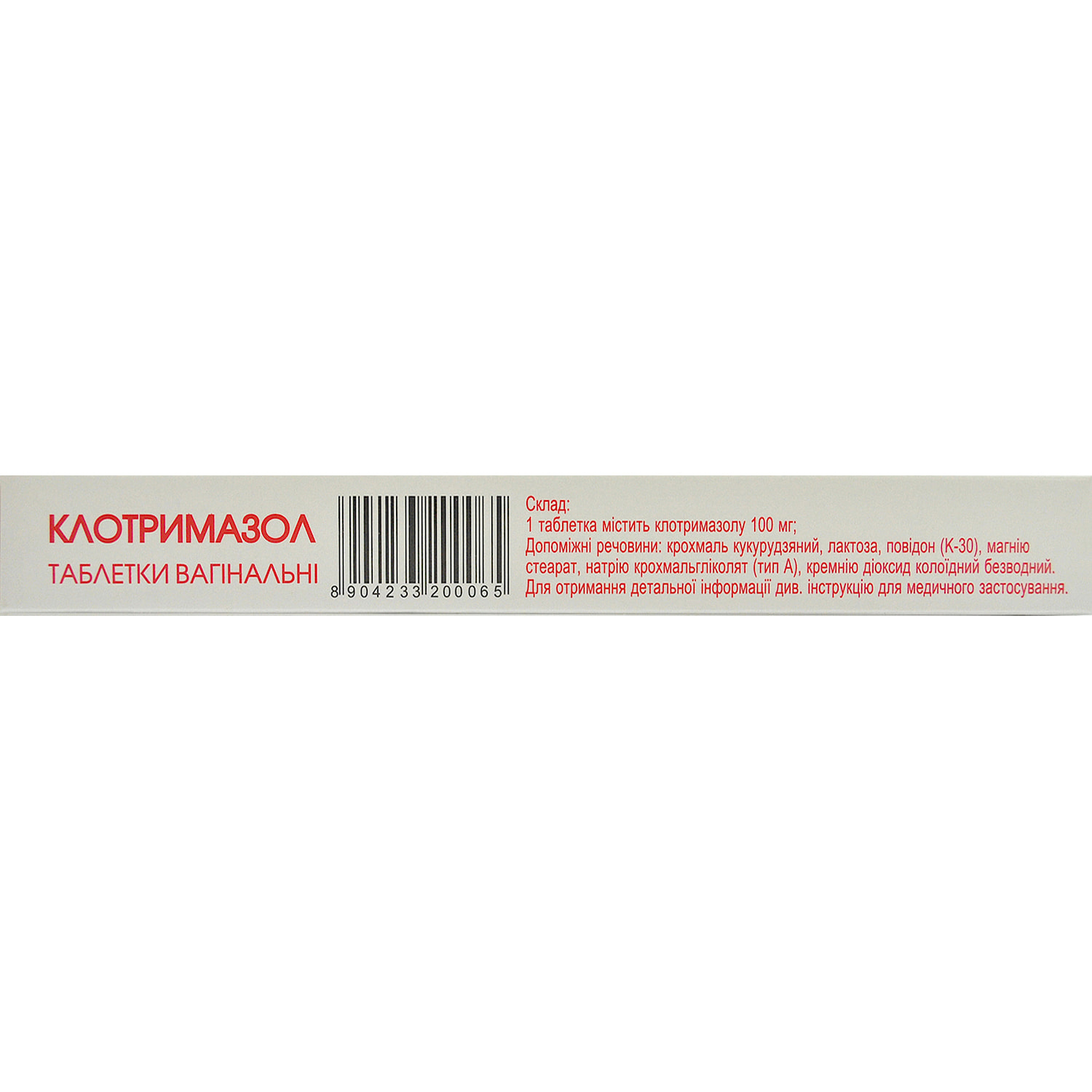

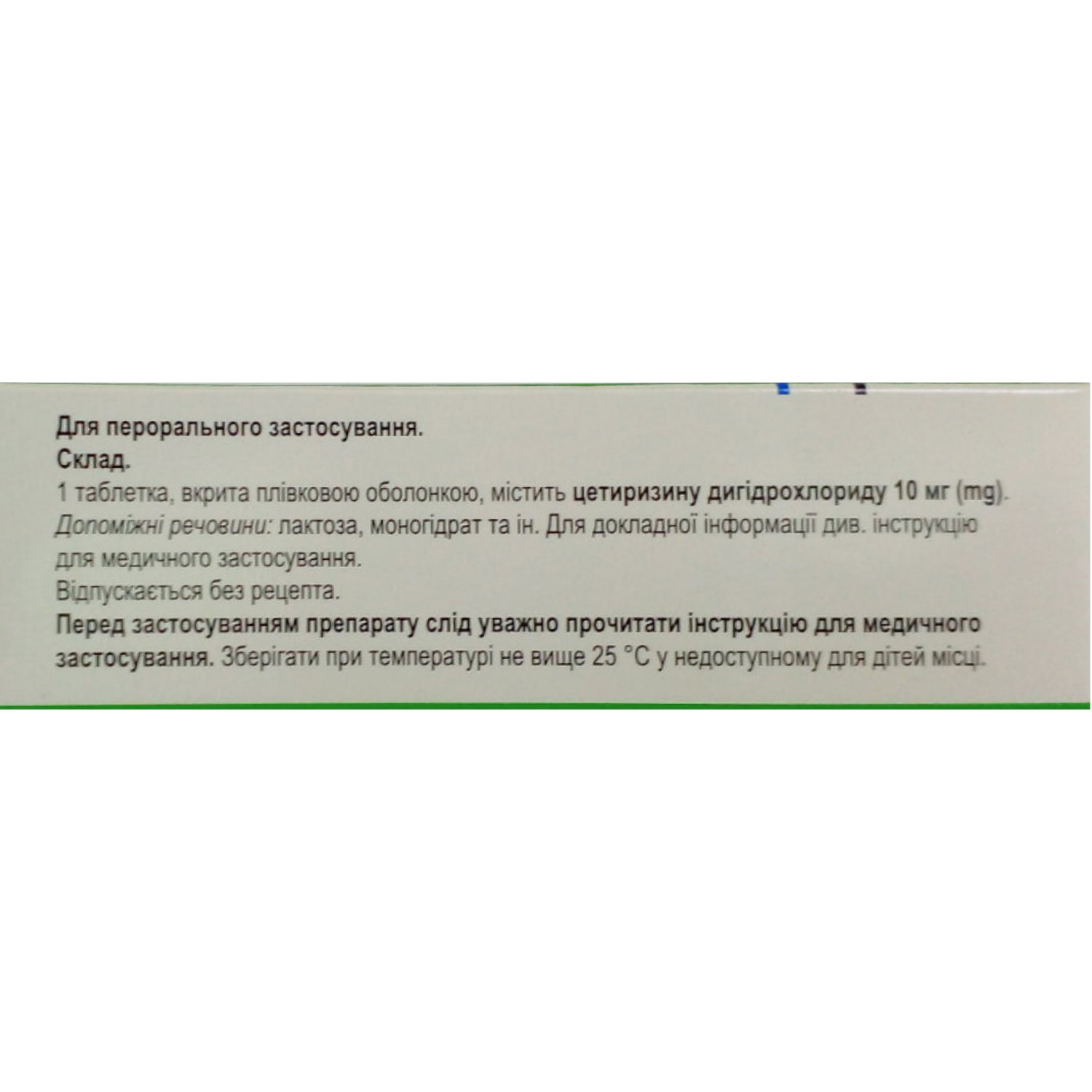
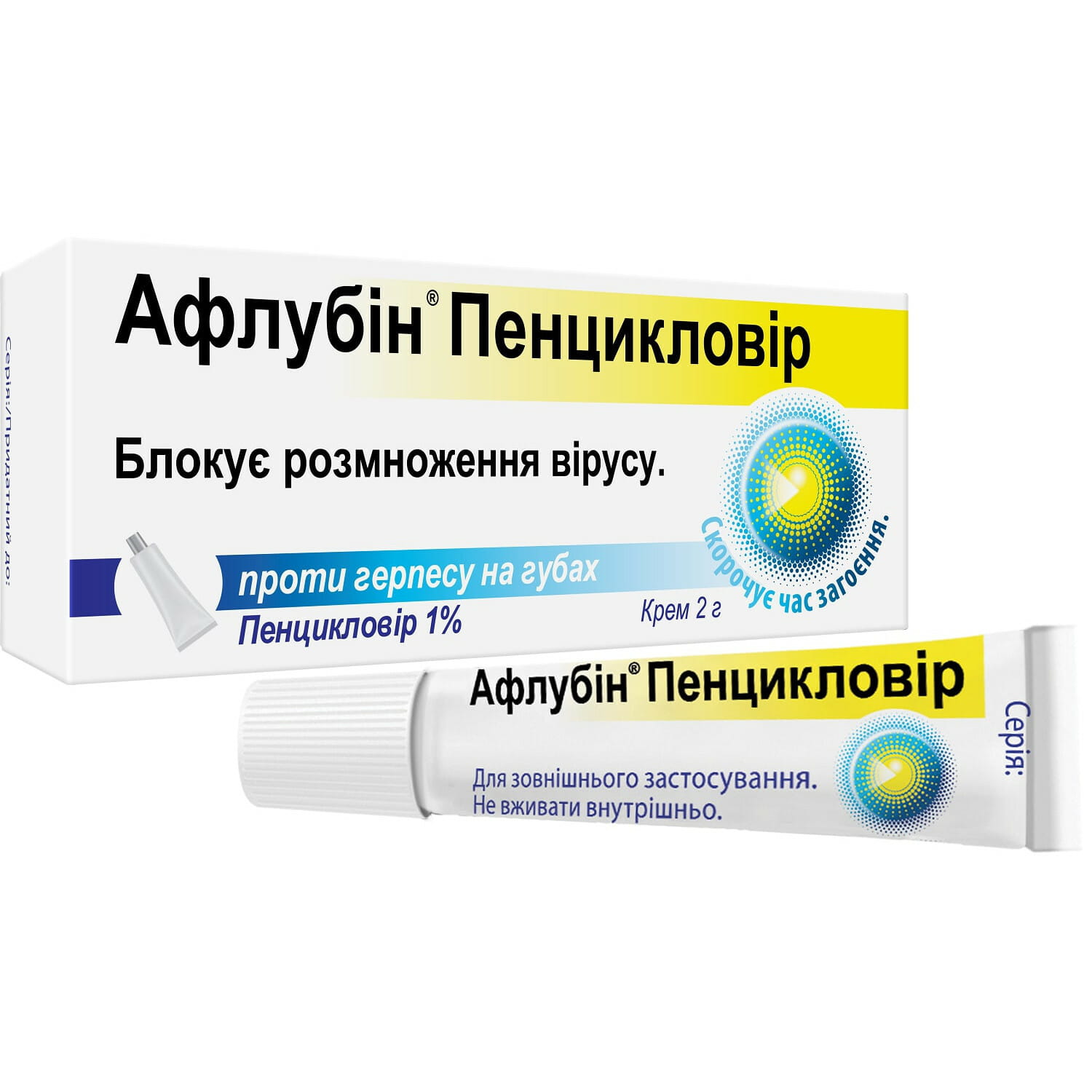
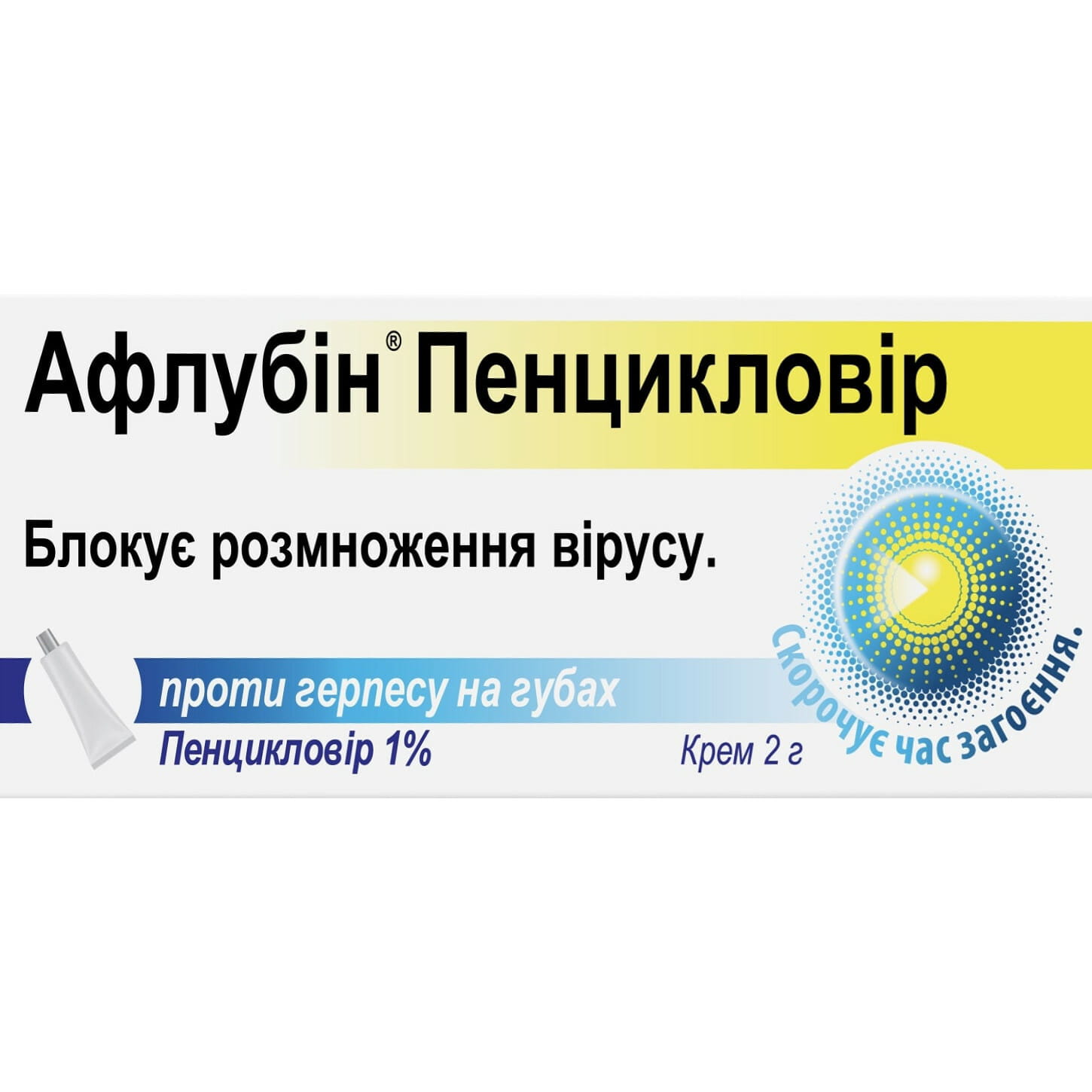
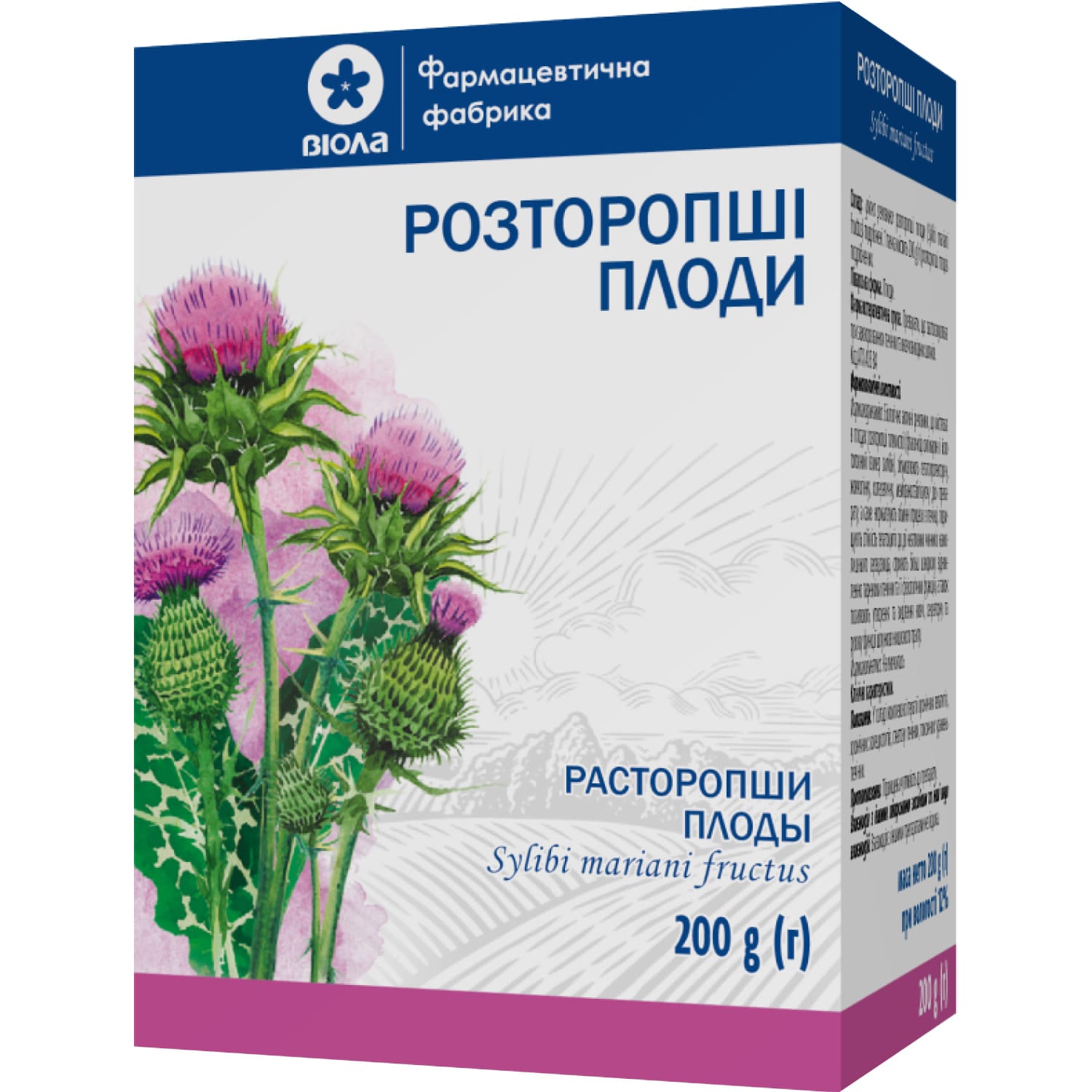
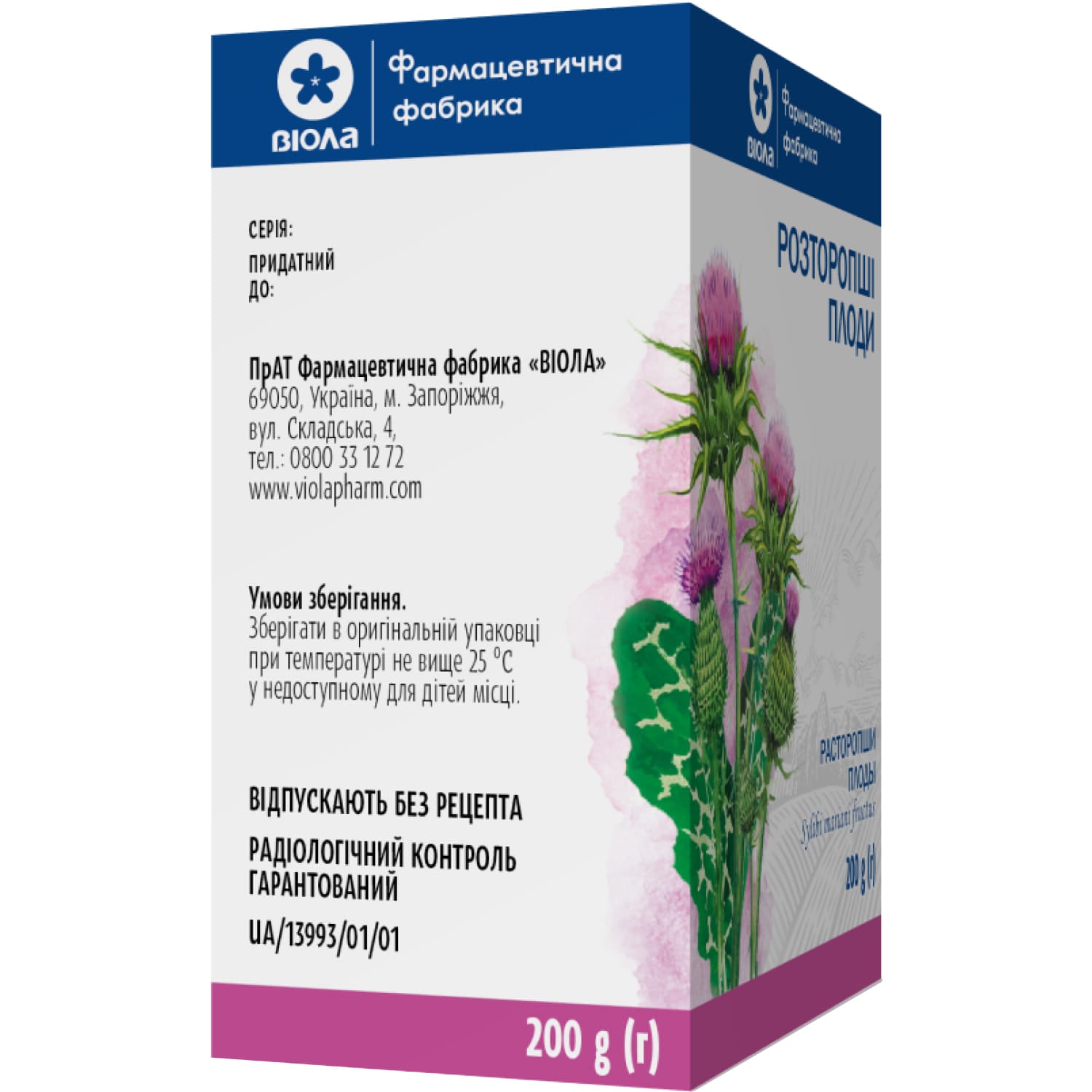
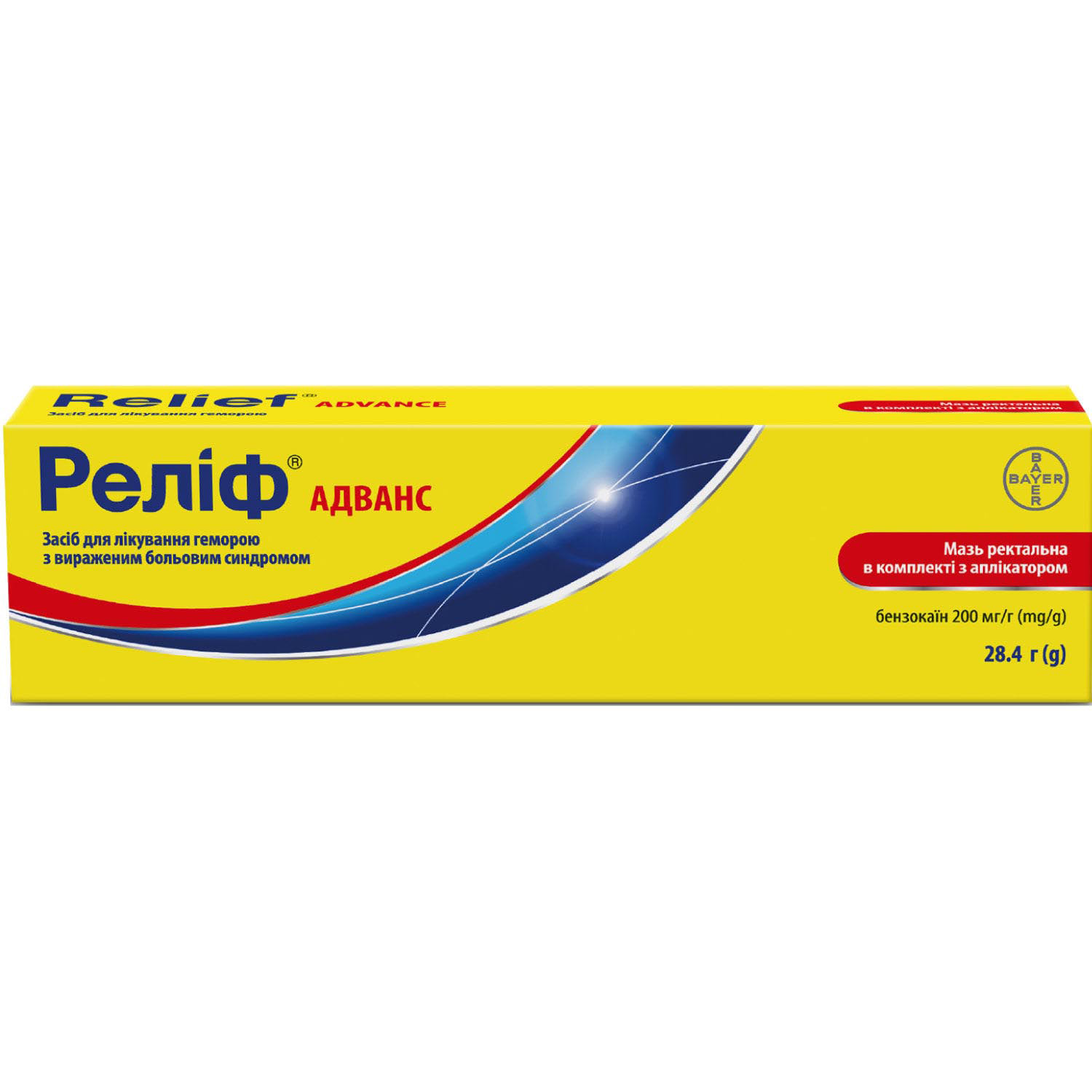
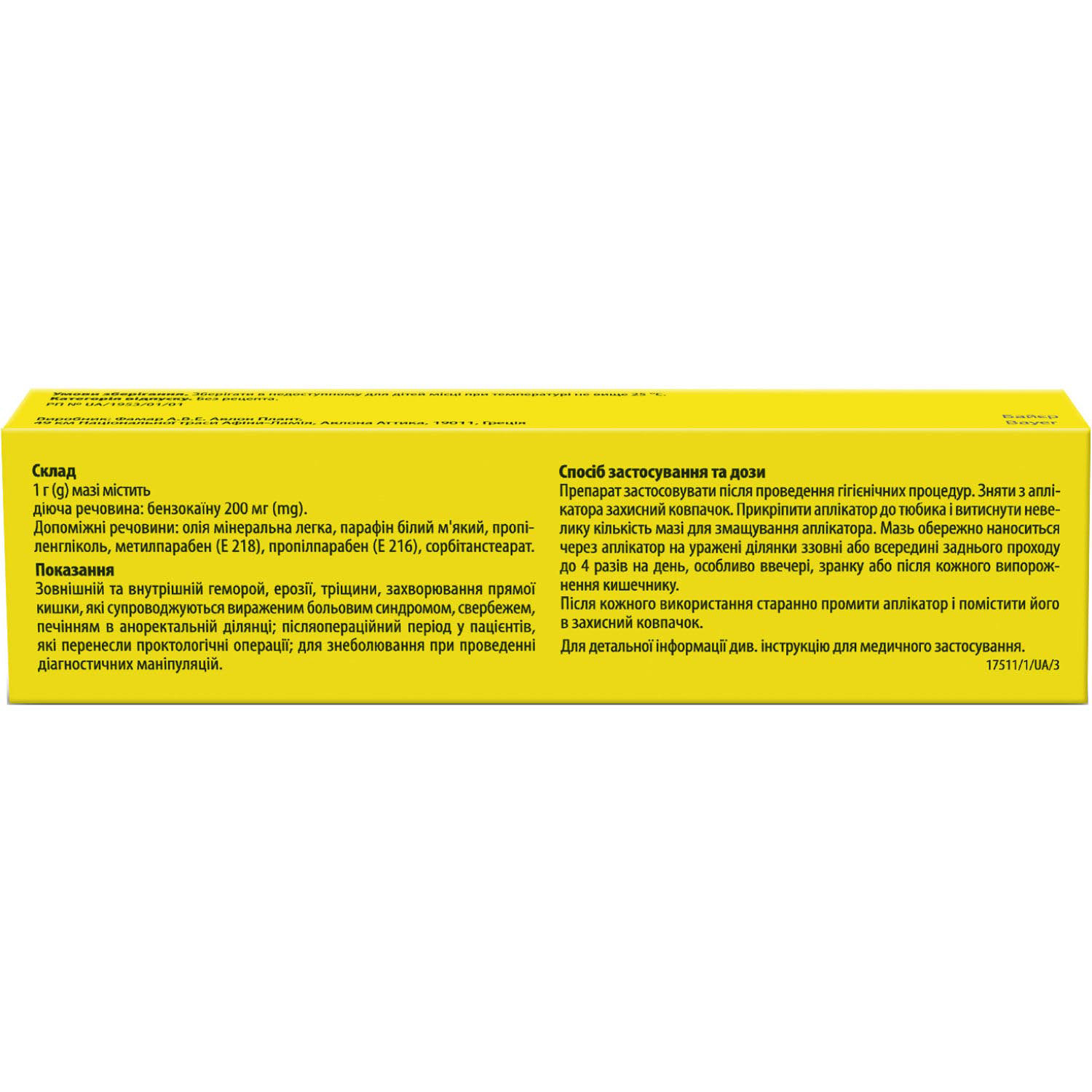
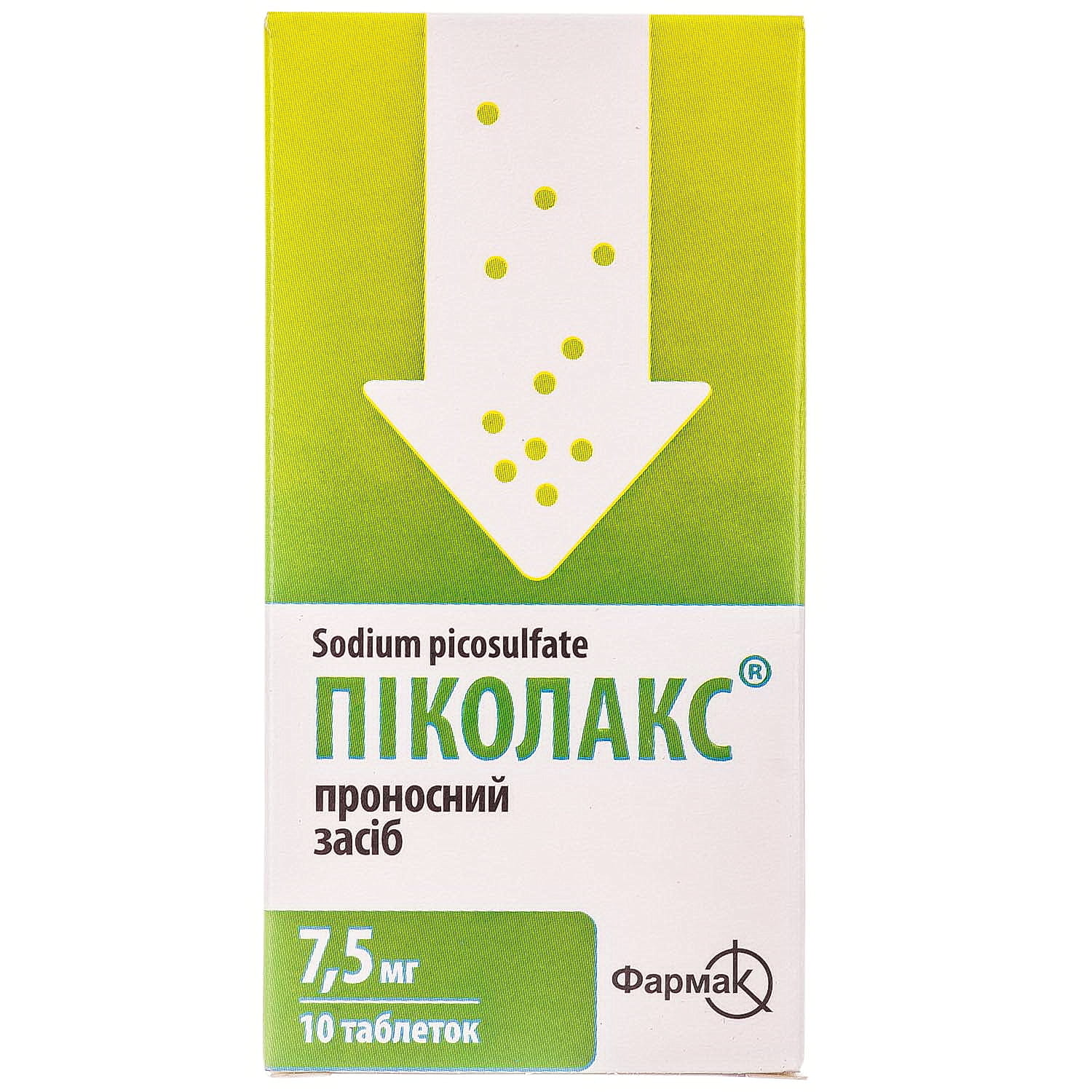
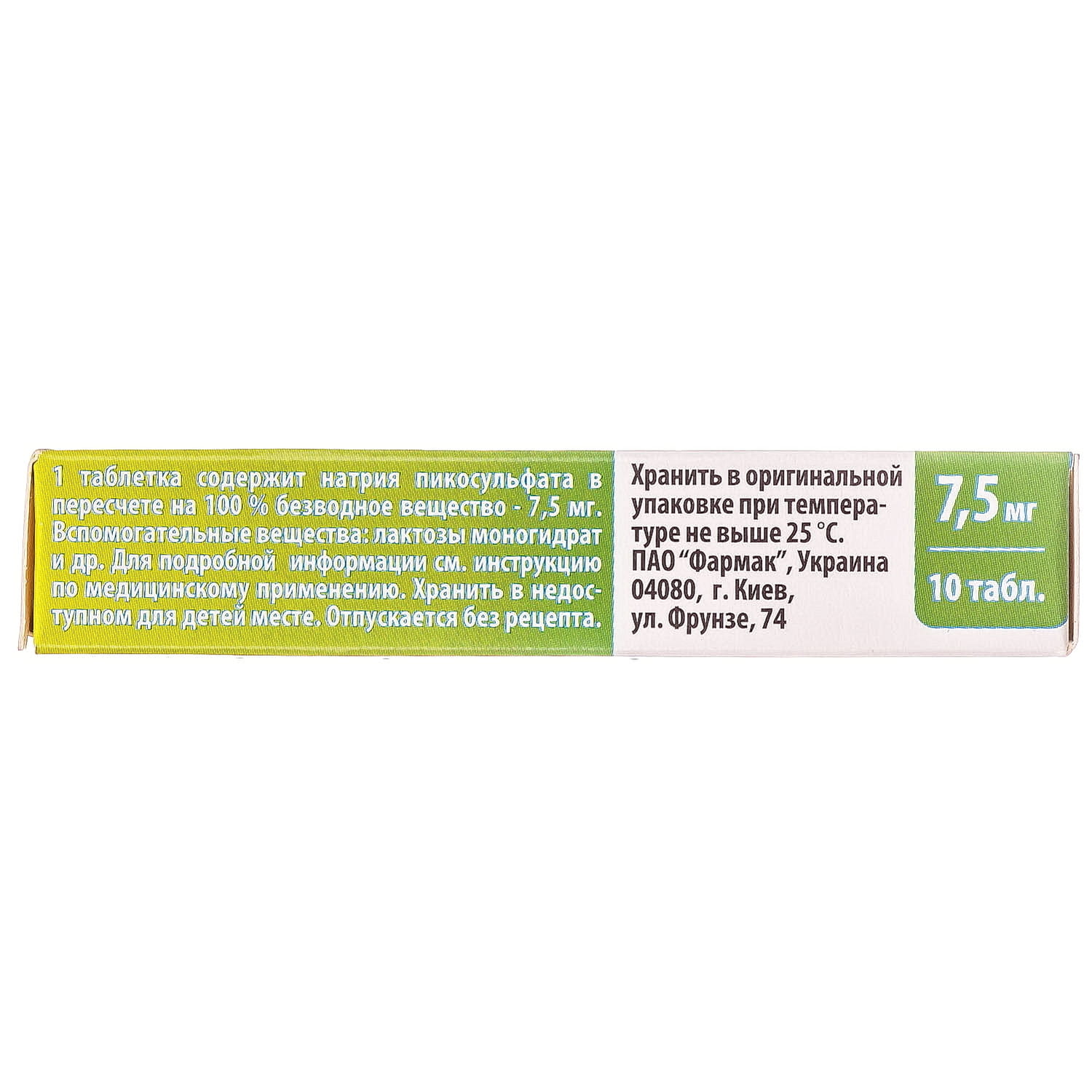
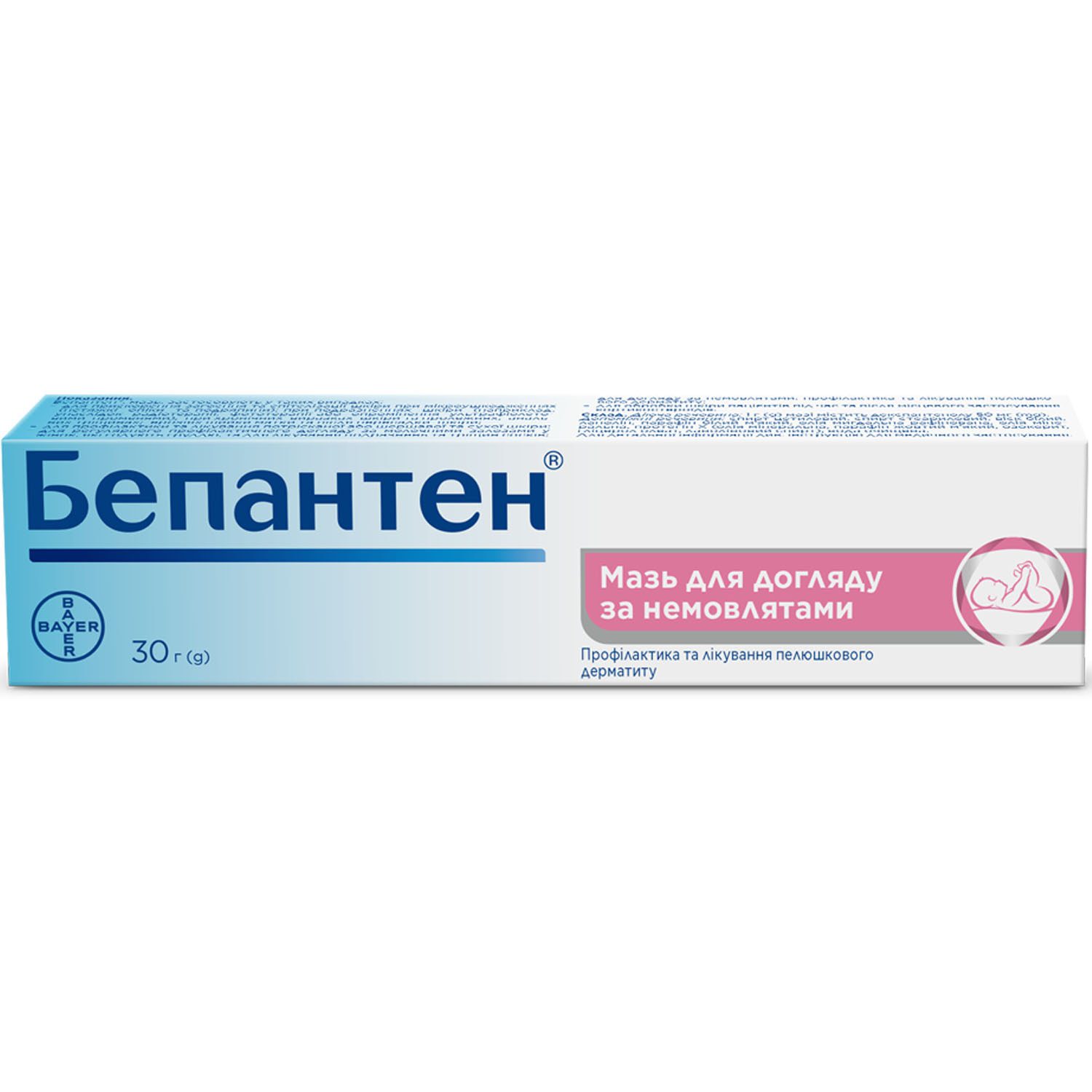
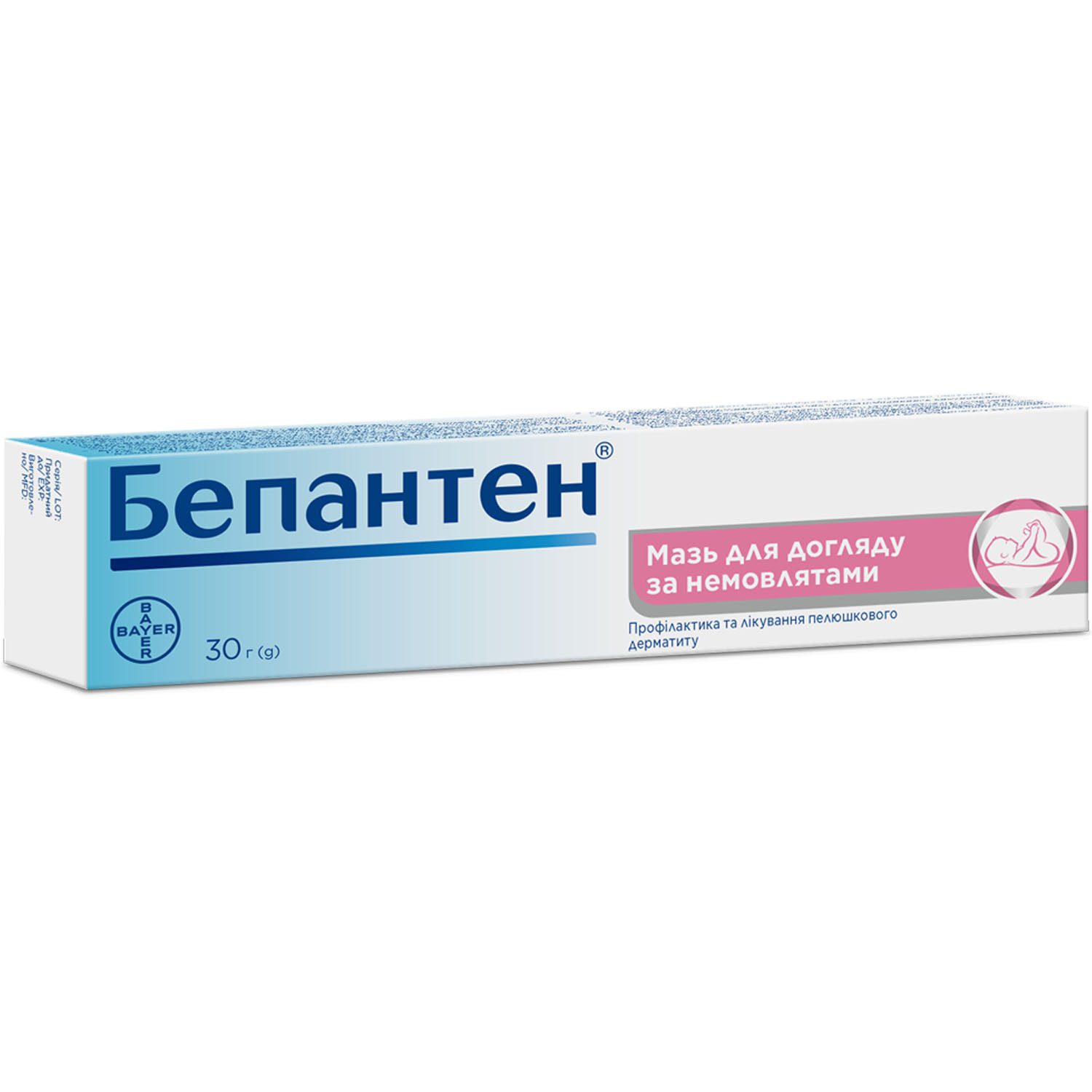
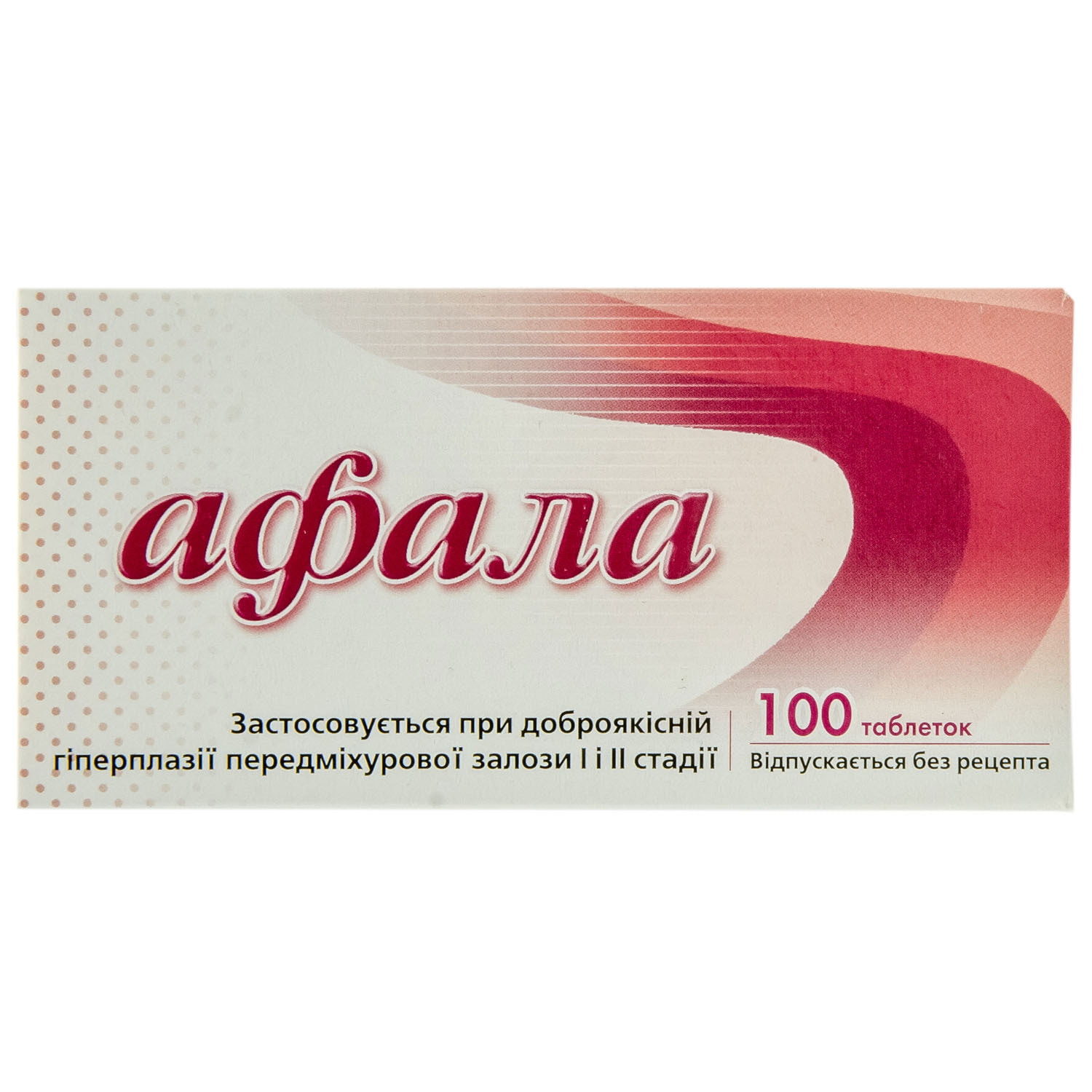
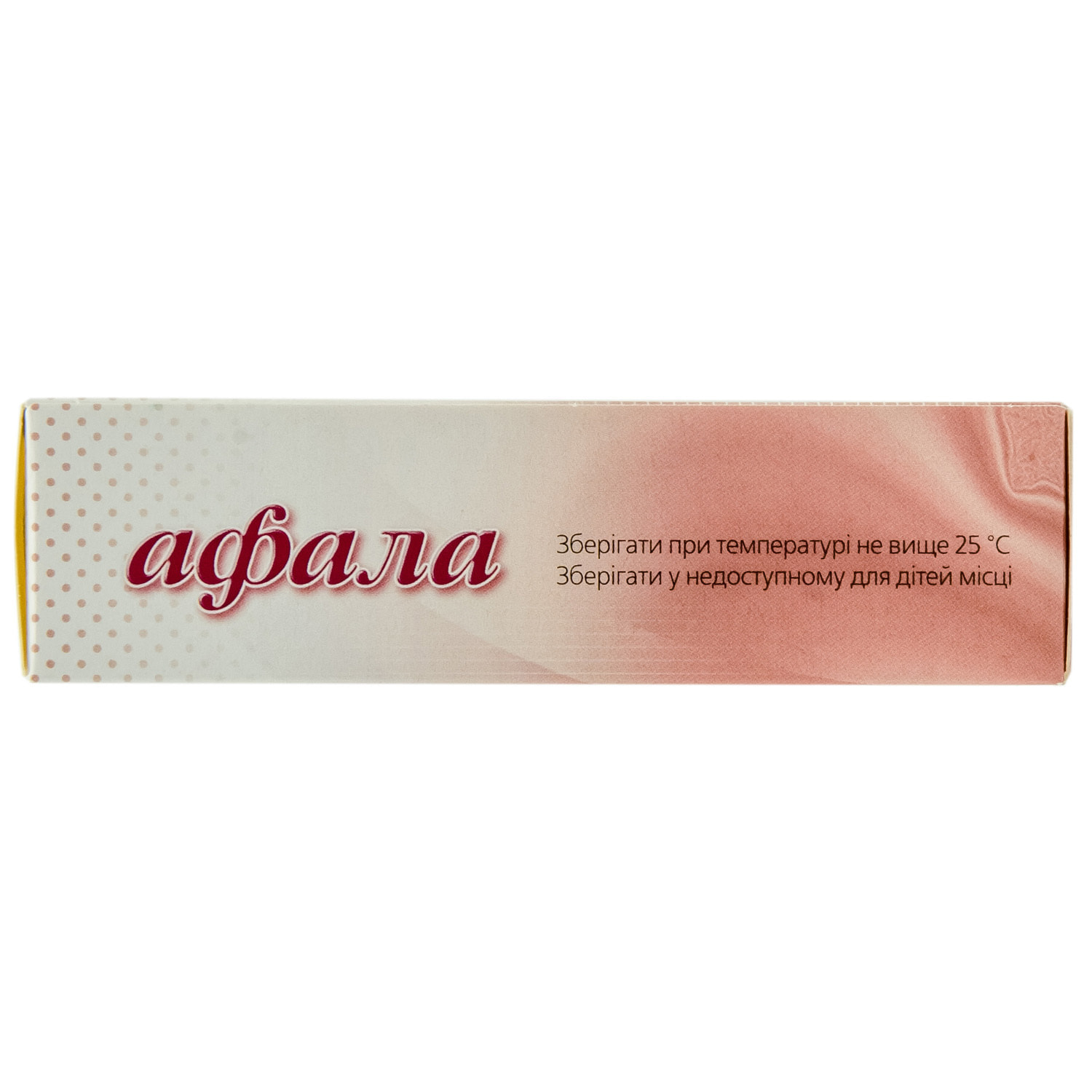
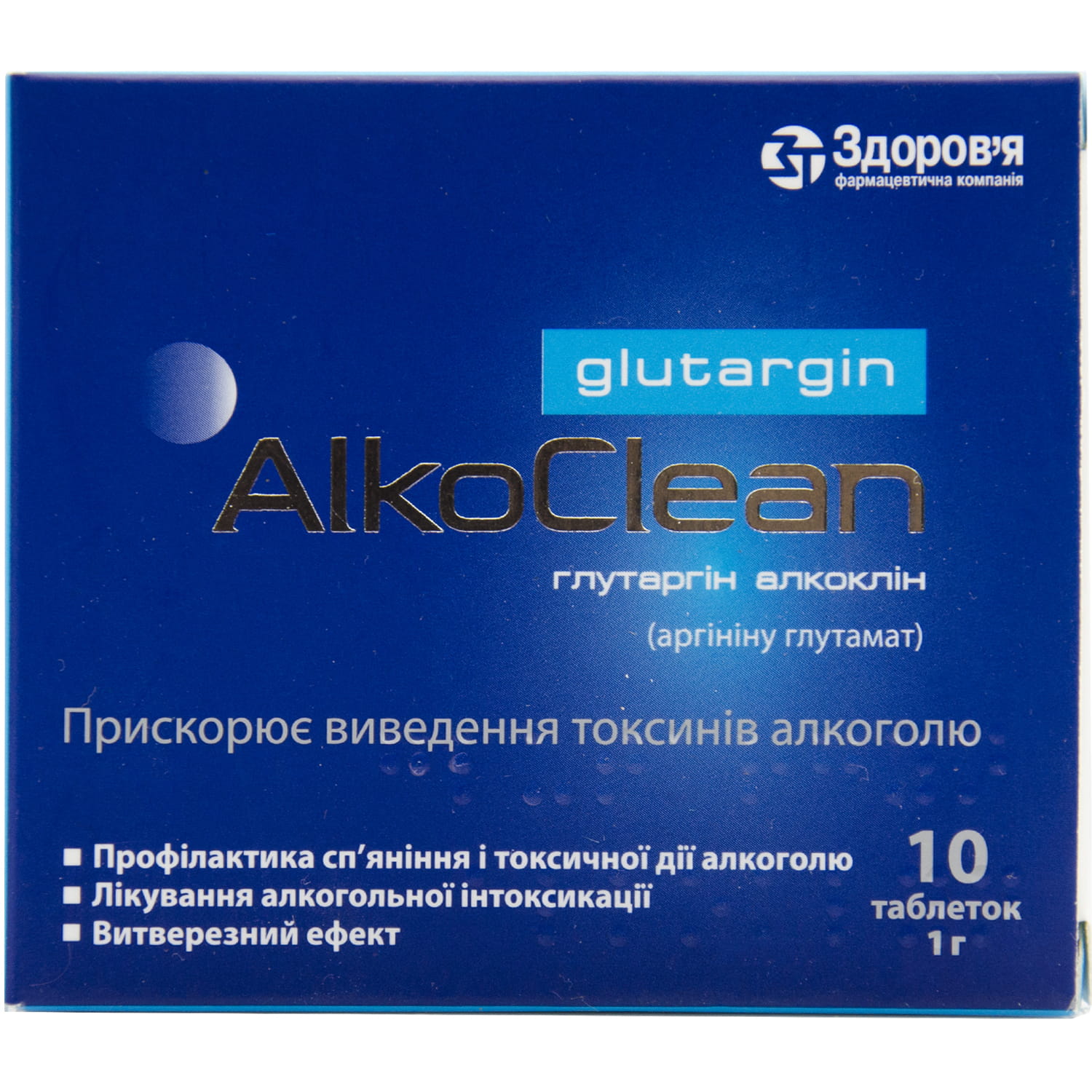
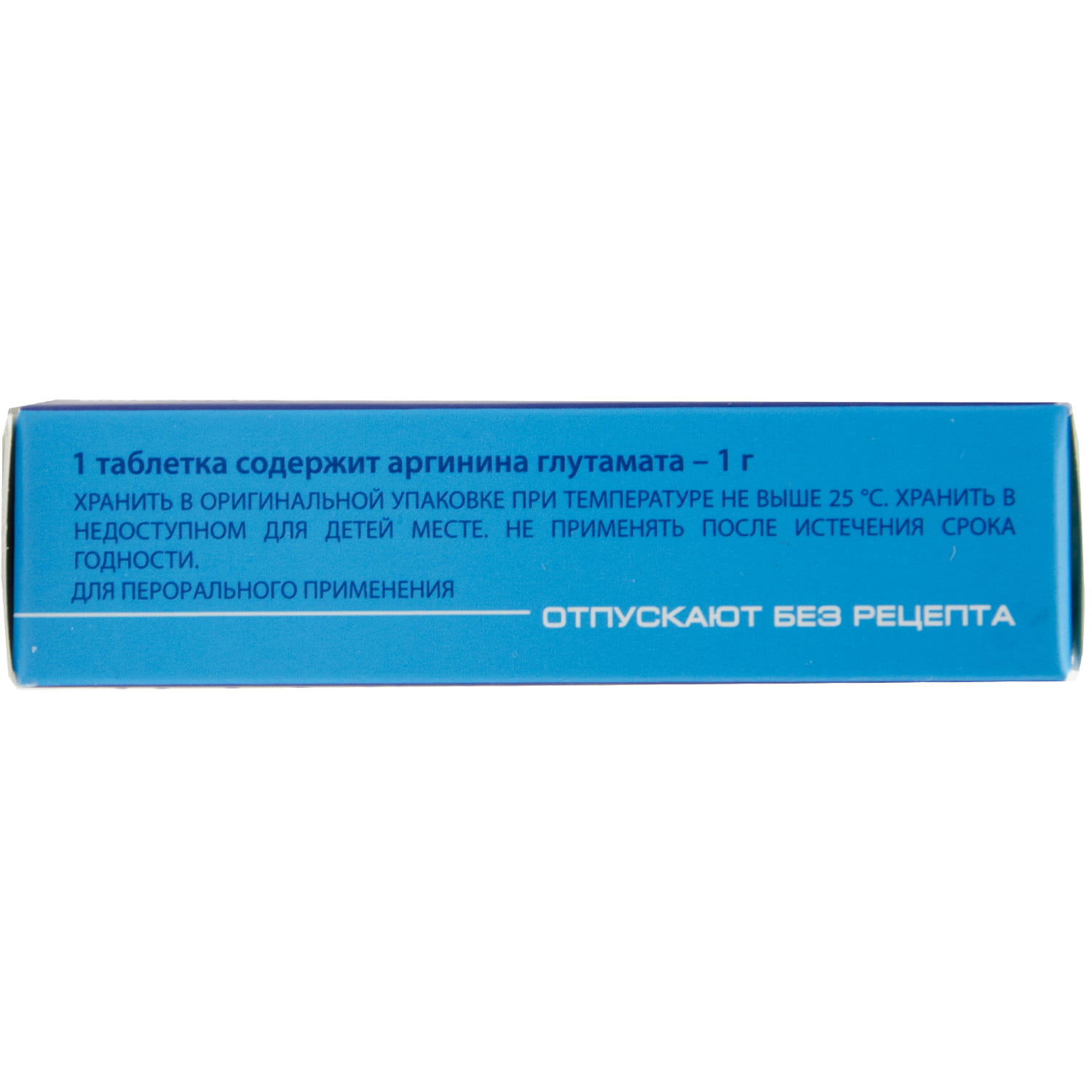
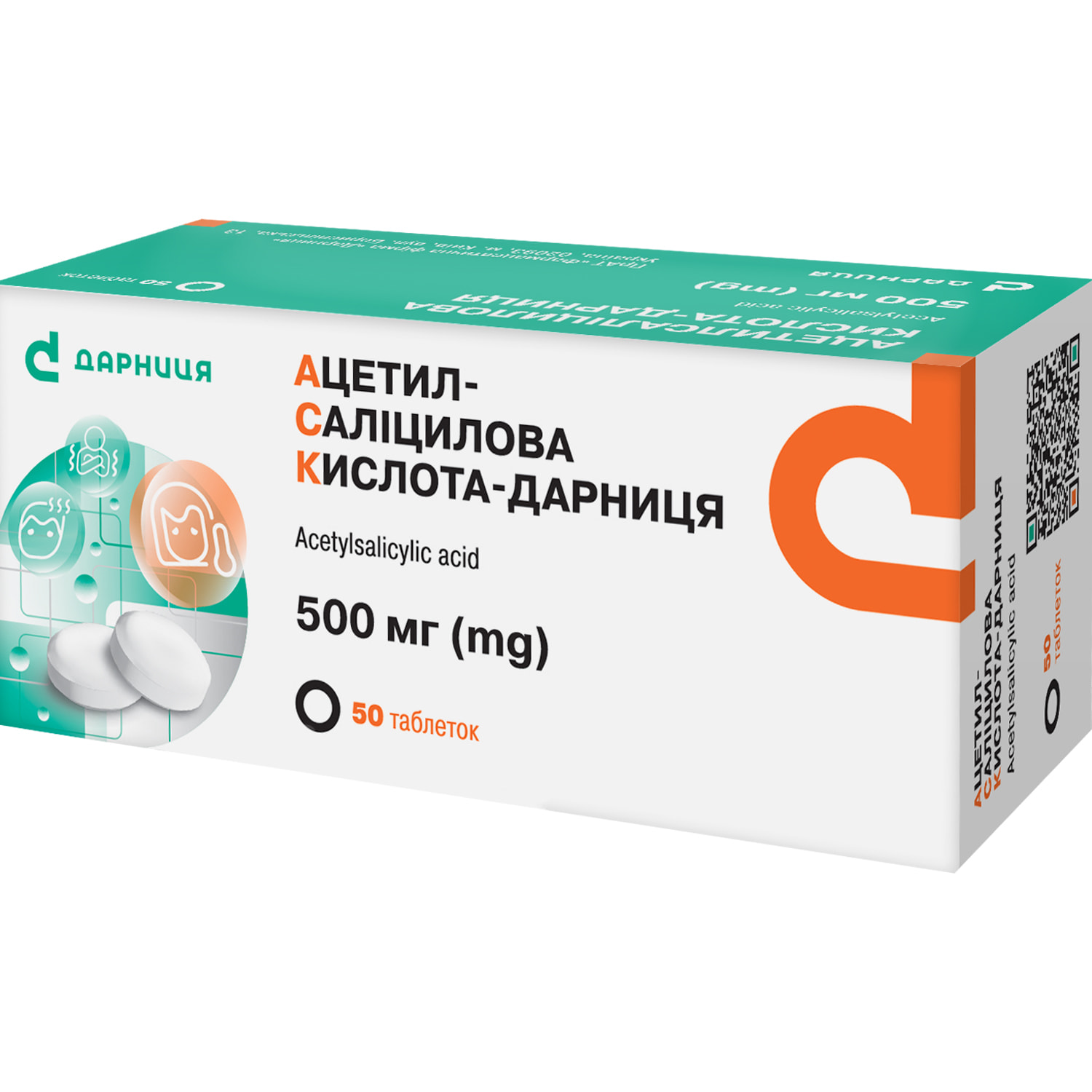
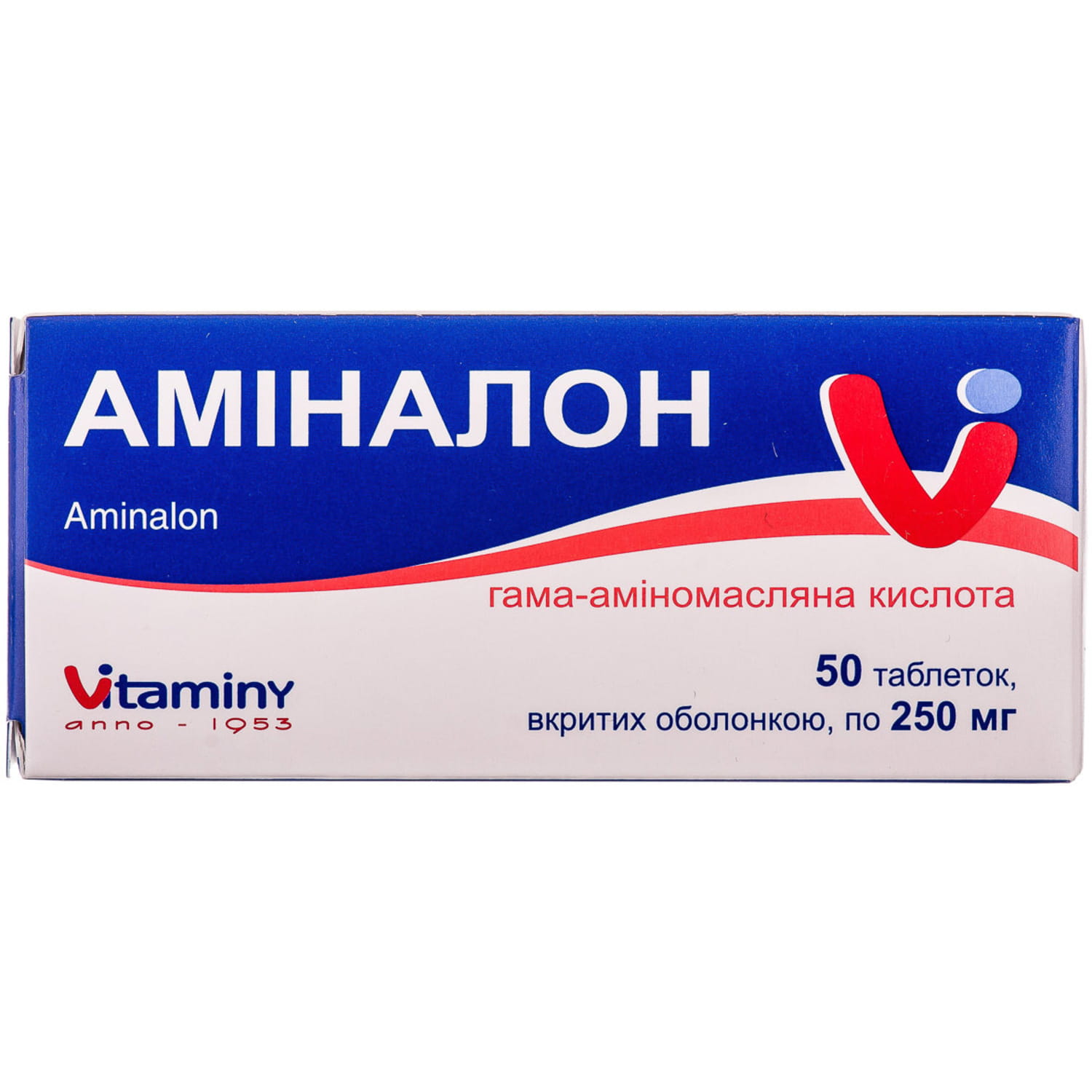
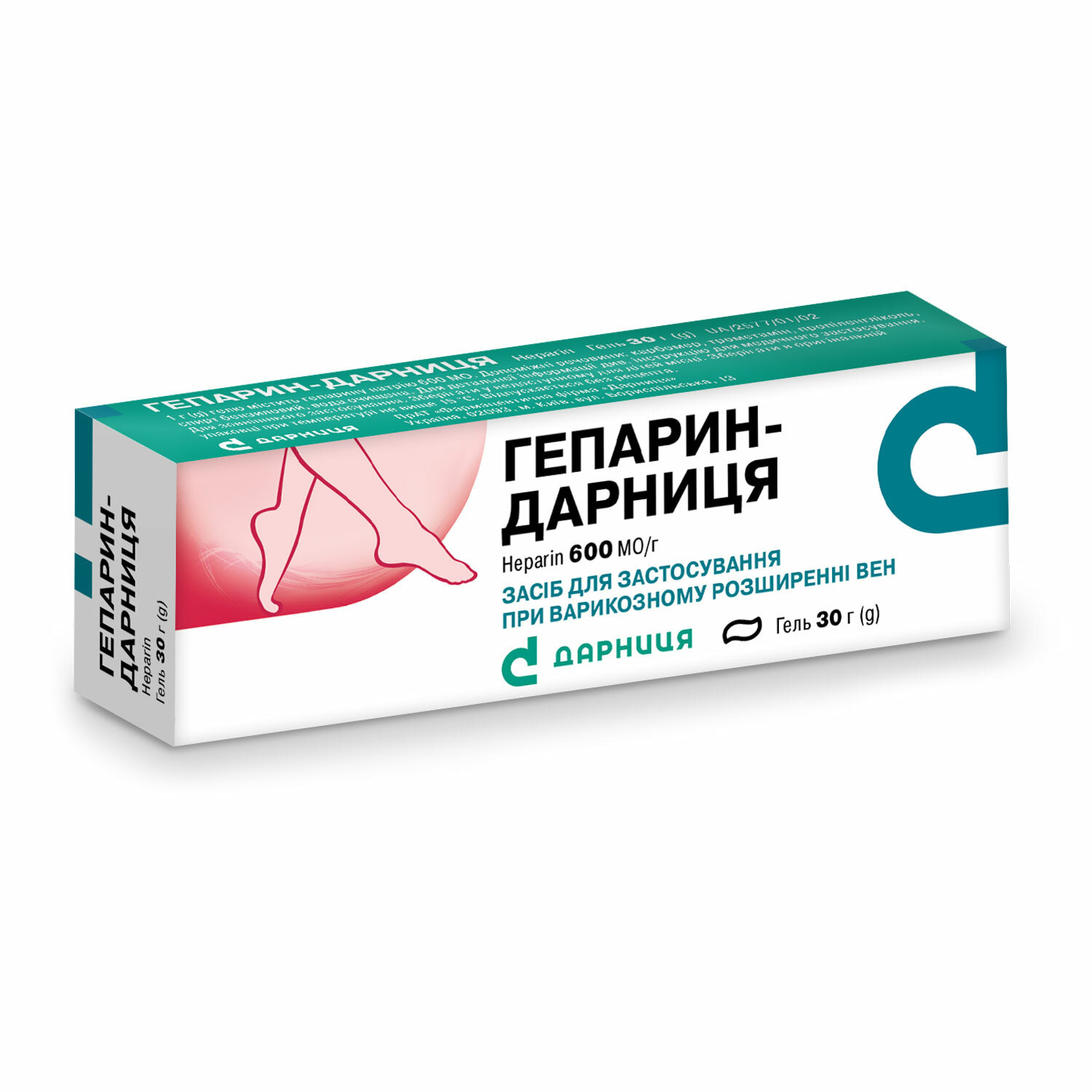
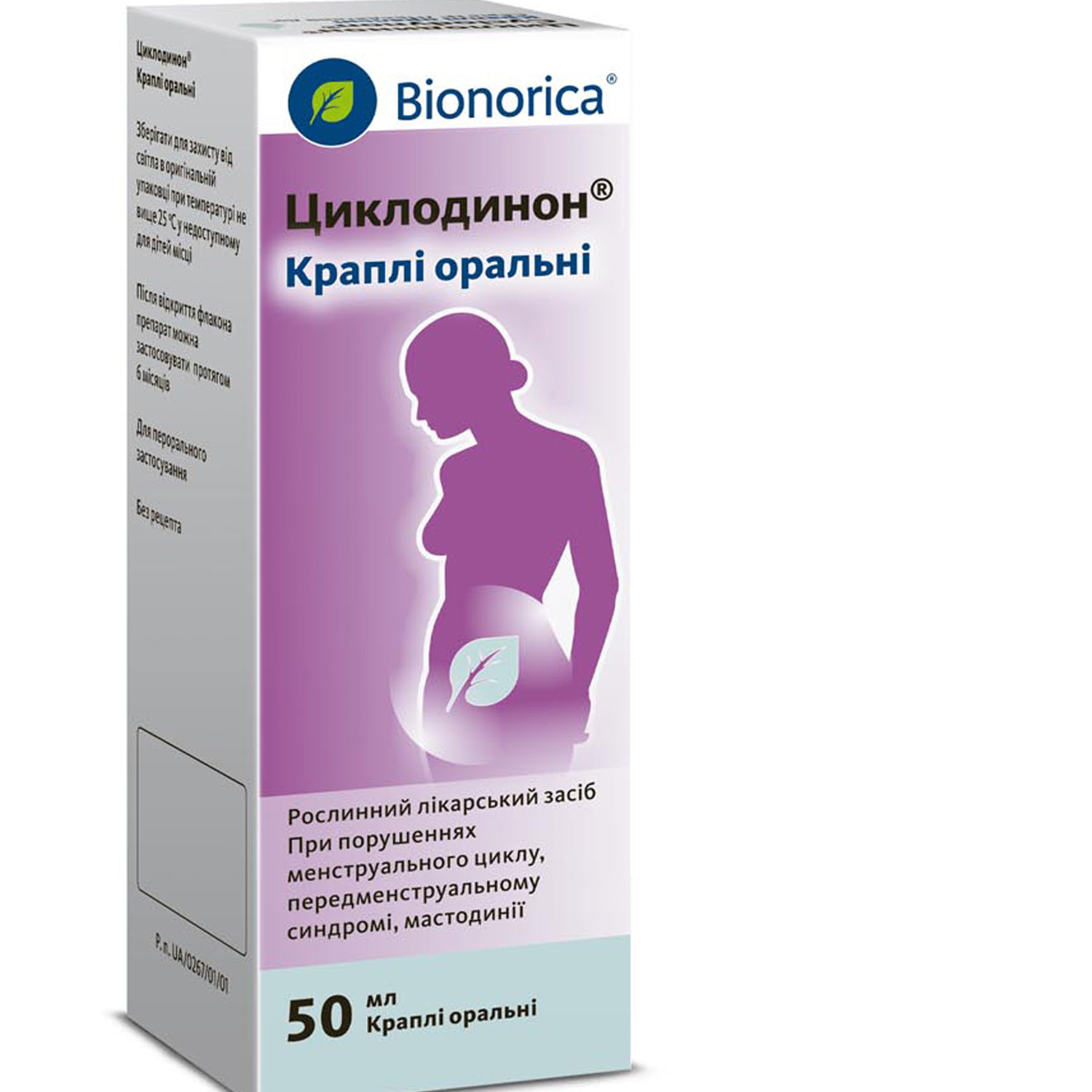


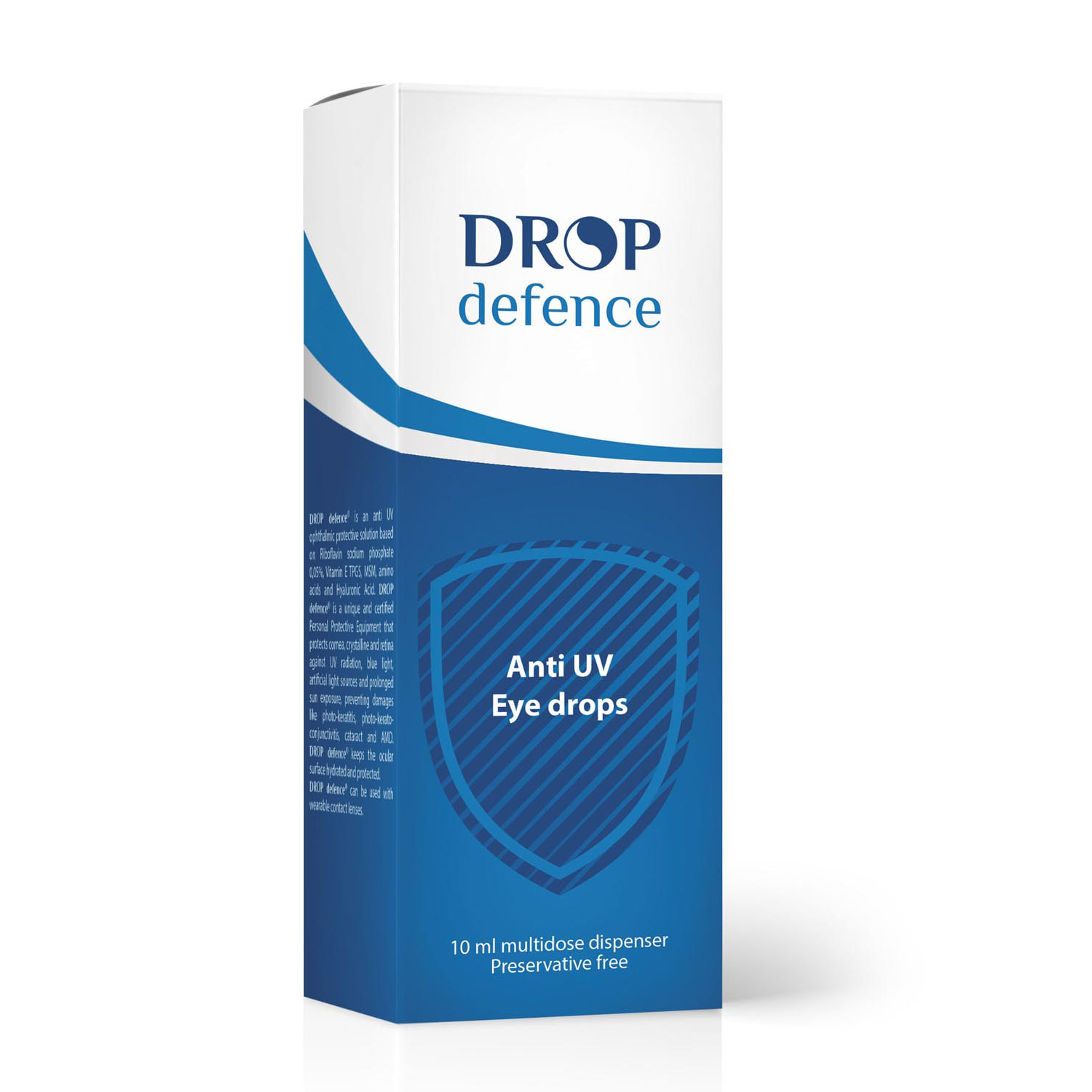
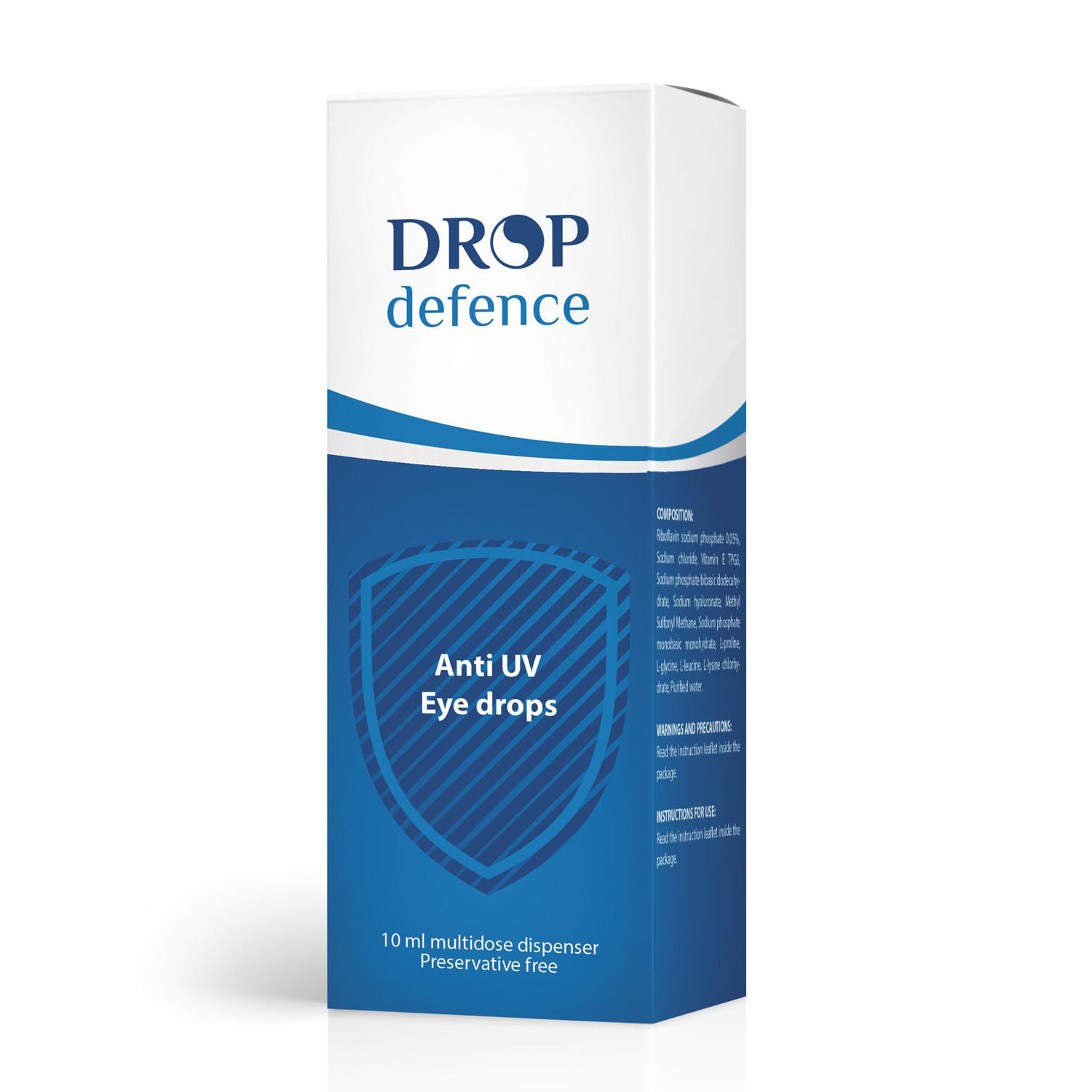
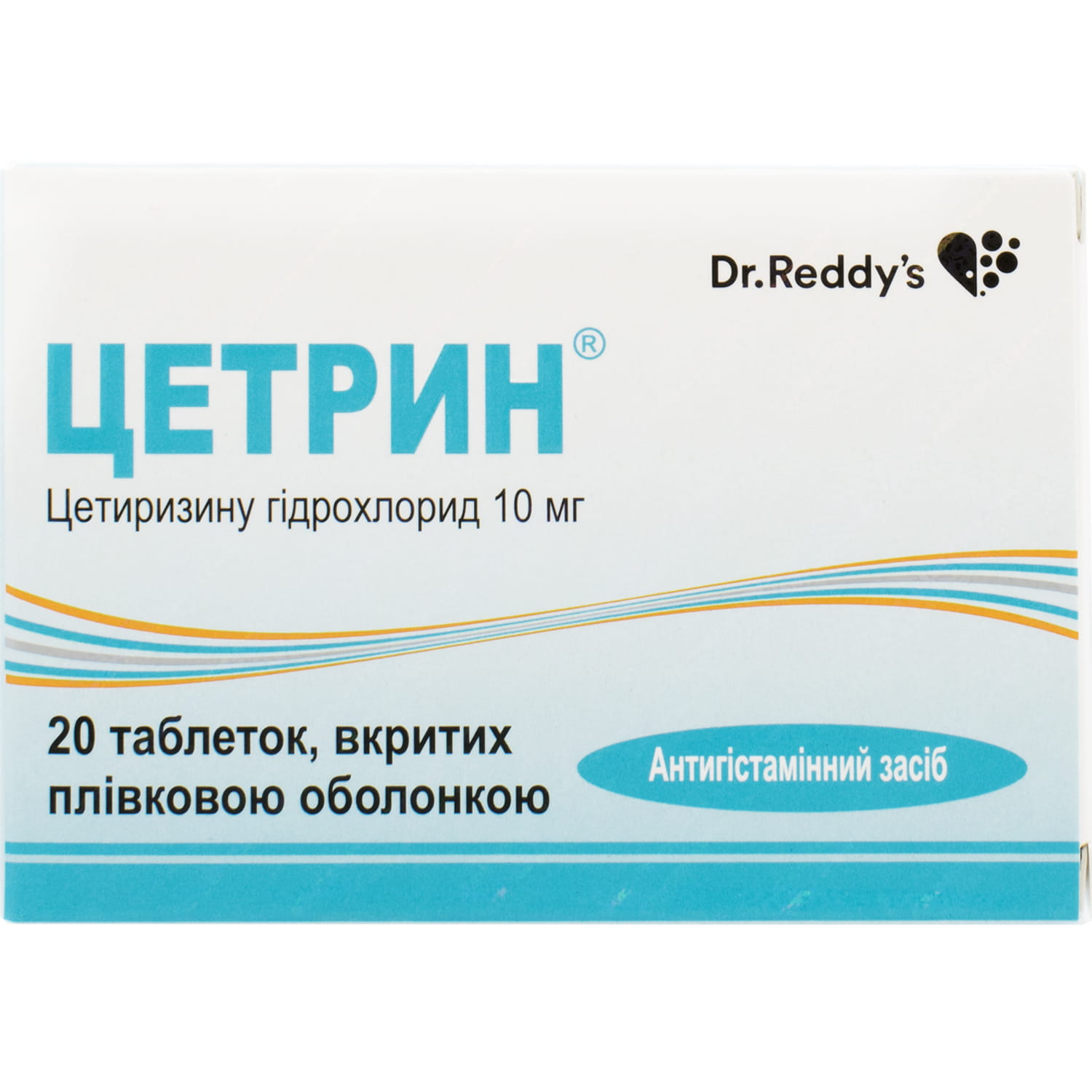
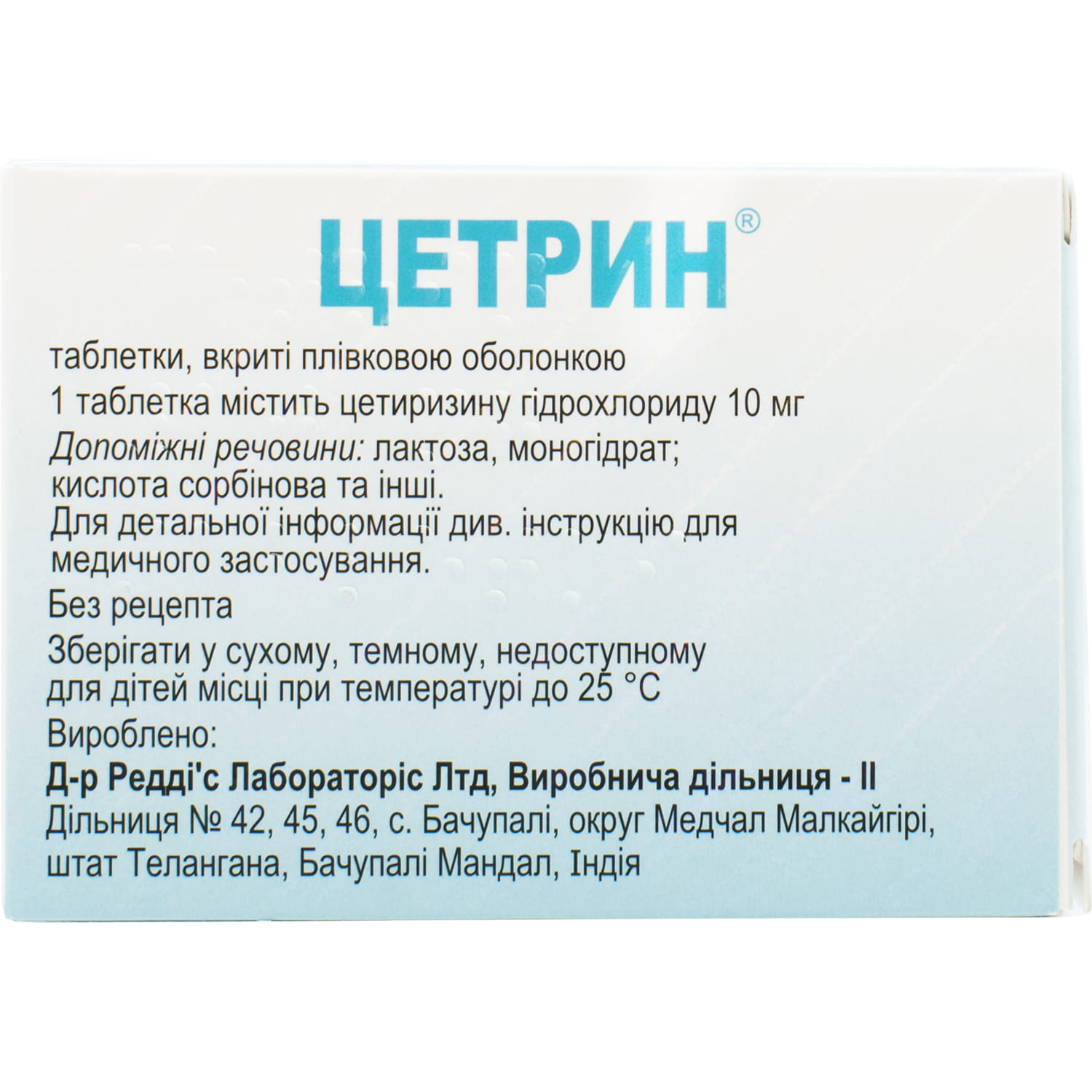
Reviews
There are no reviews yet.